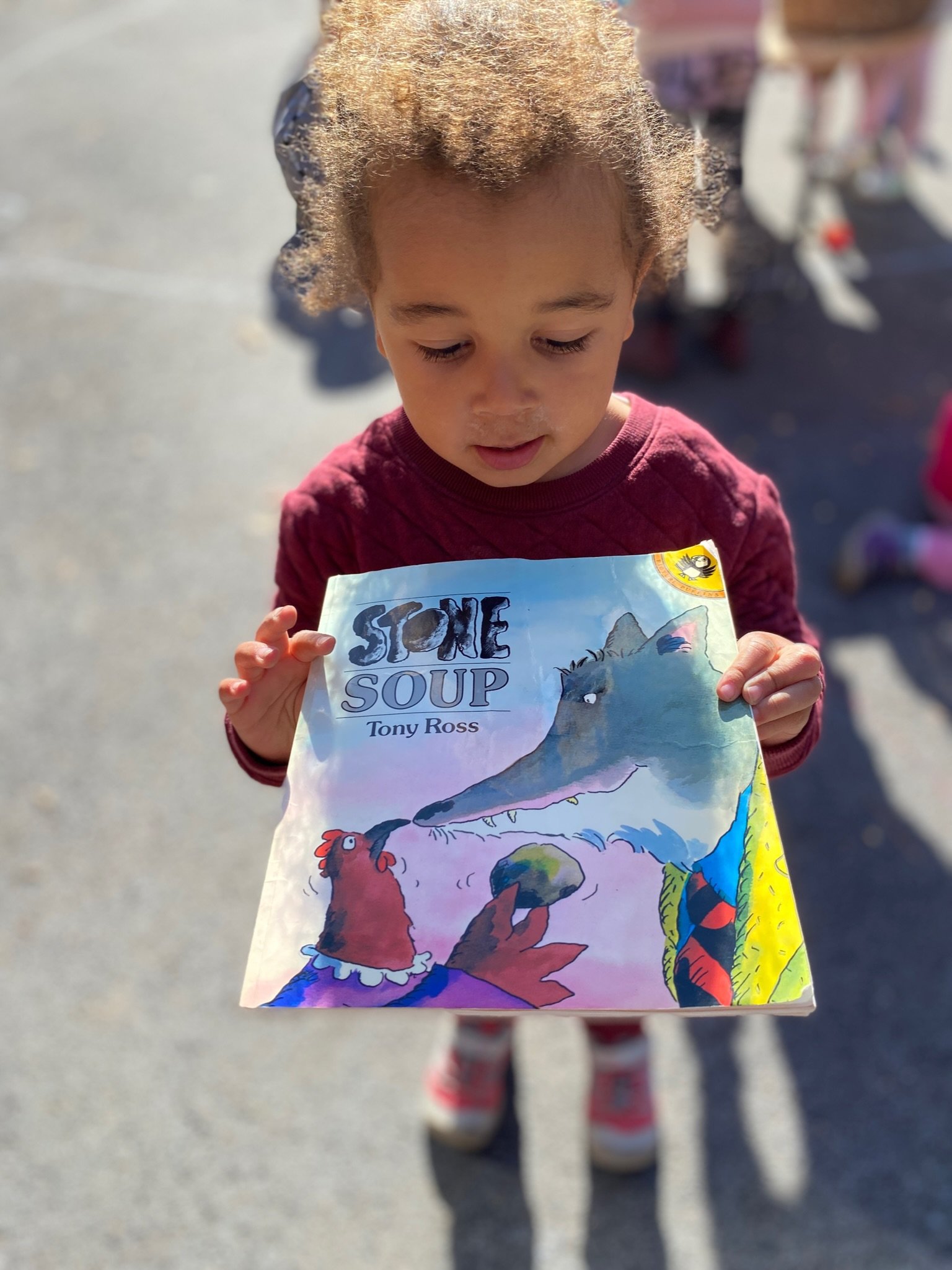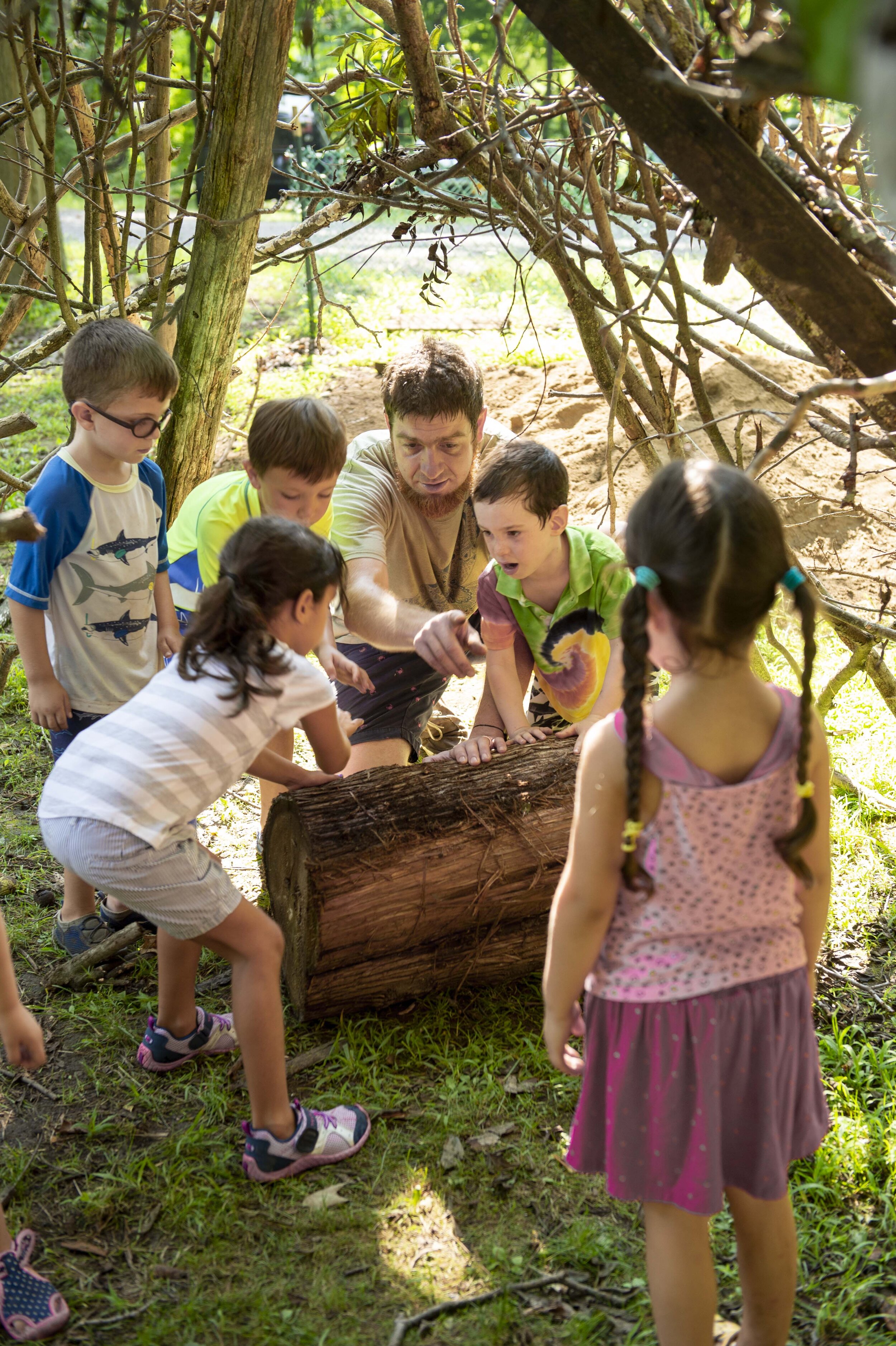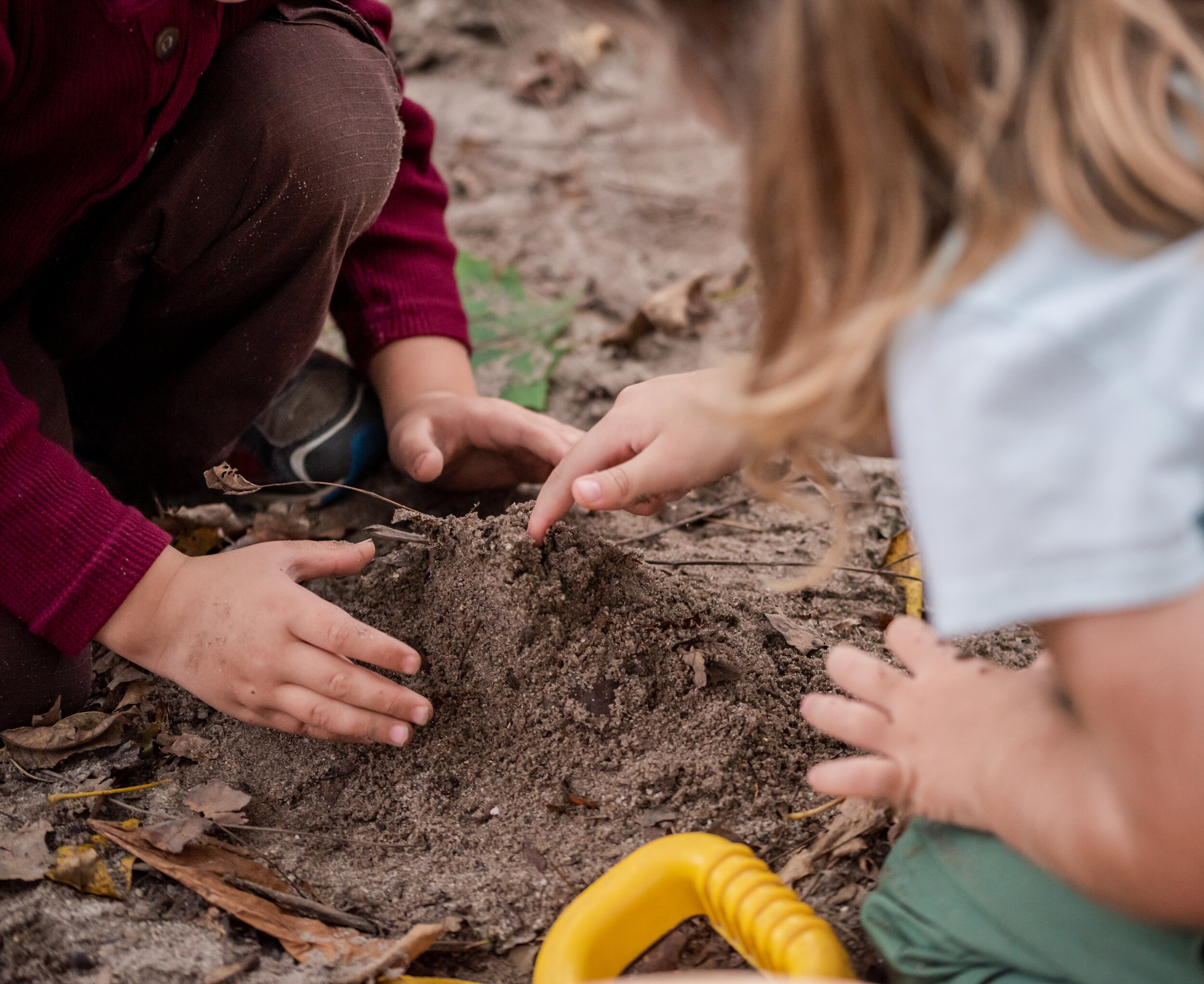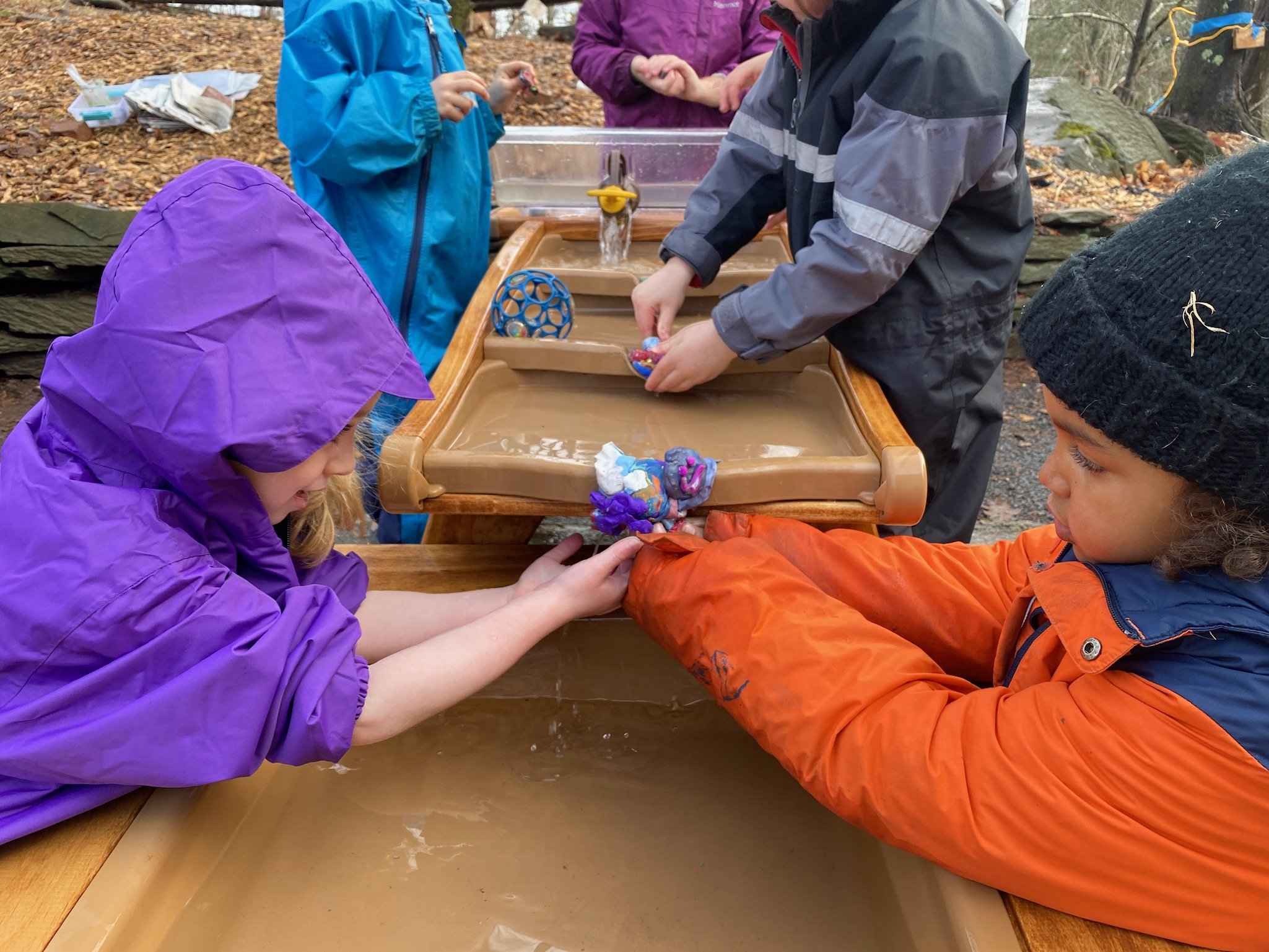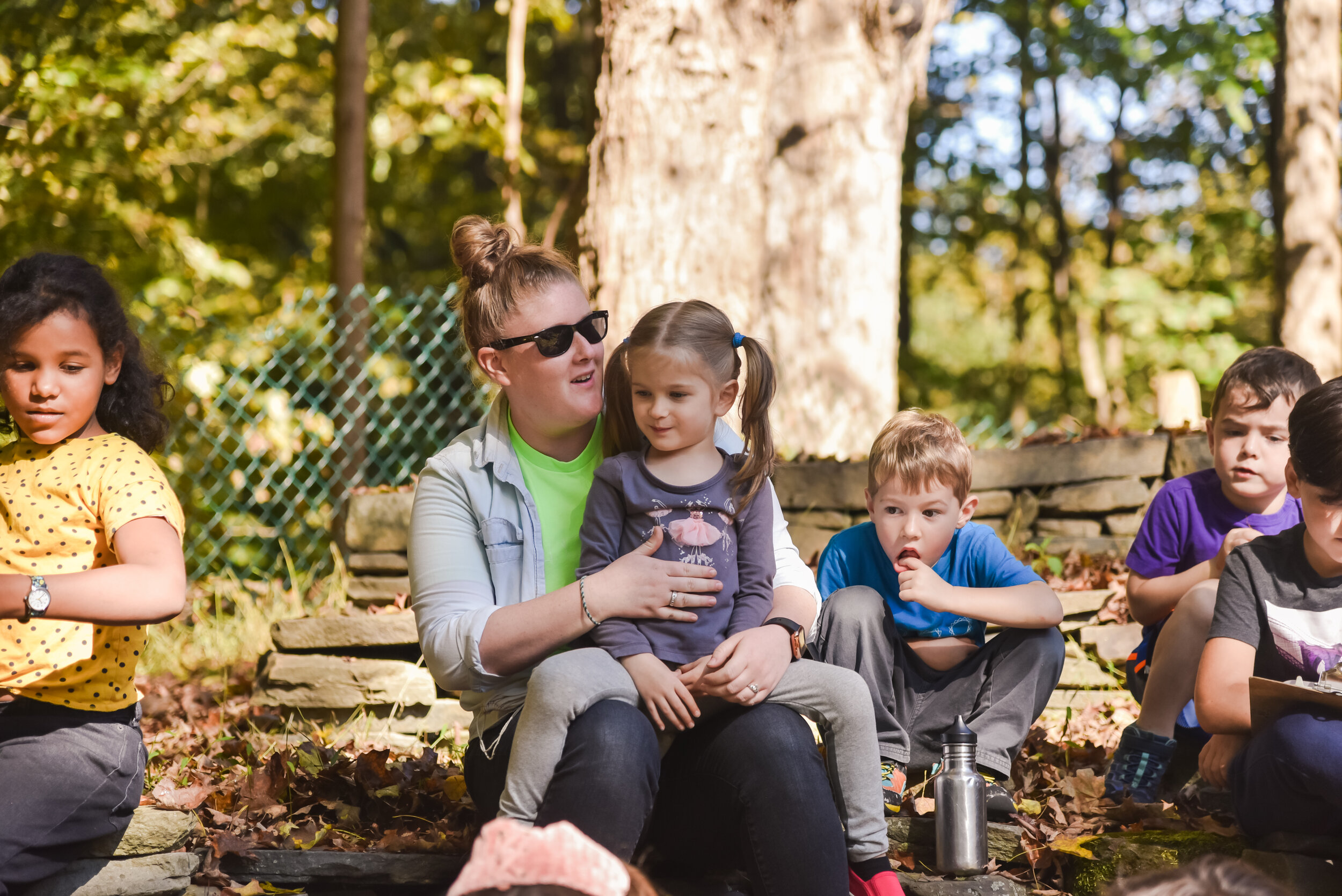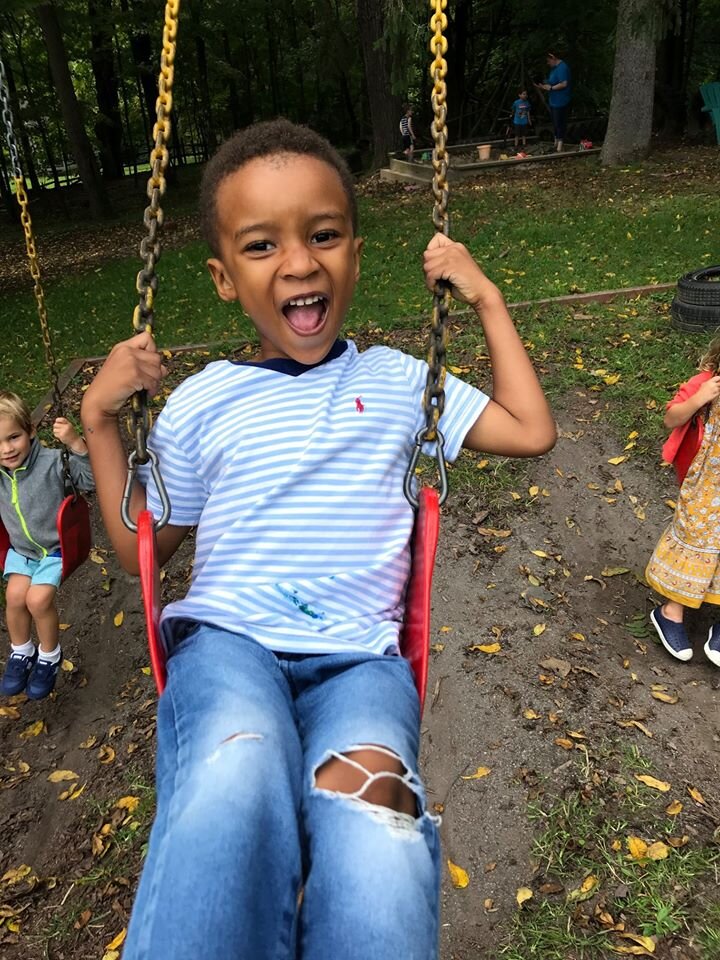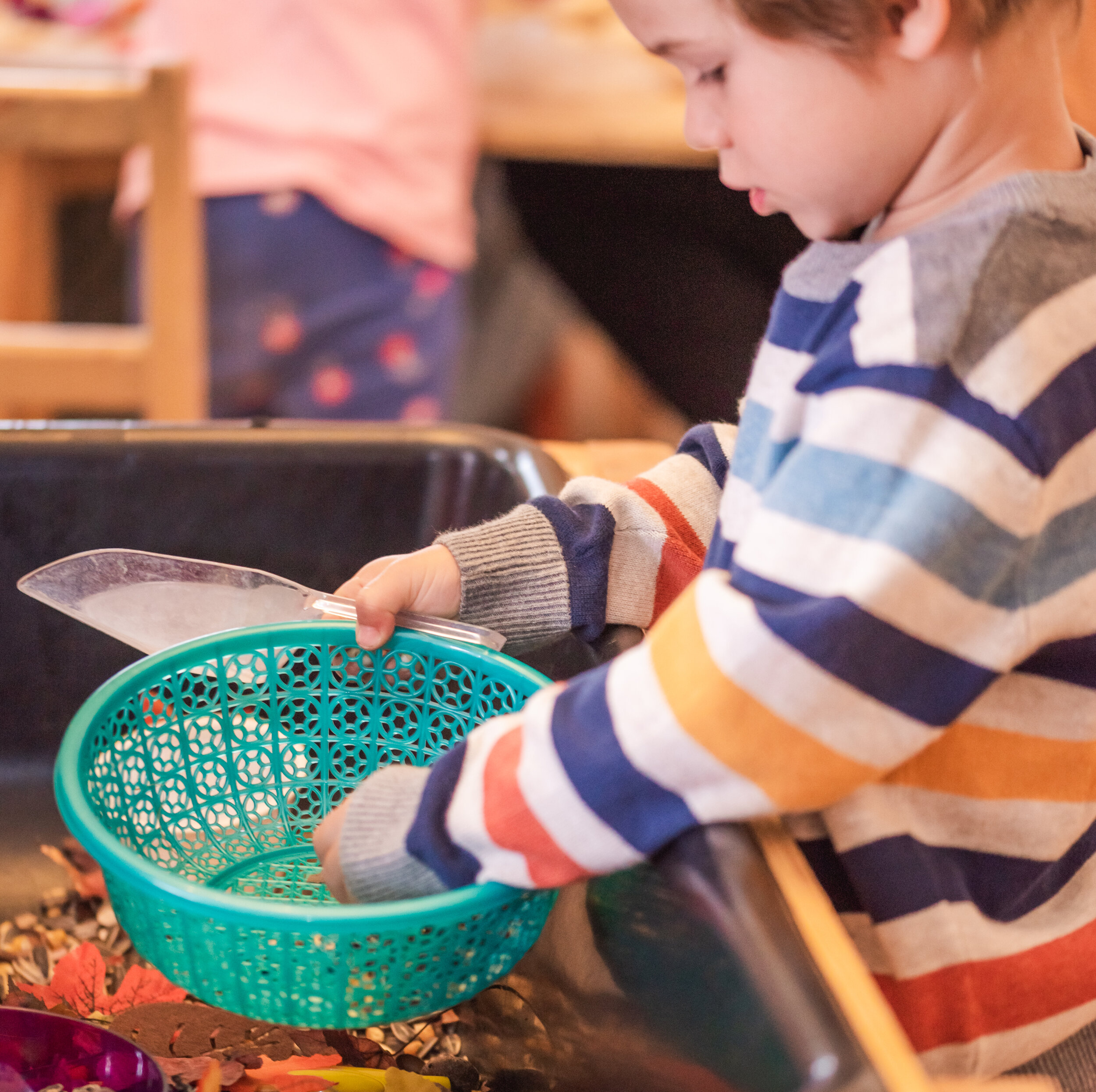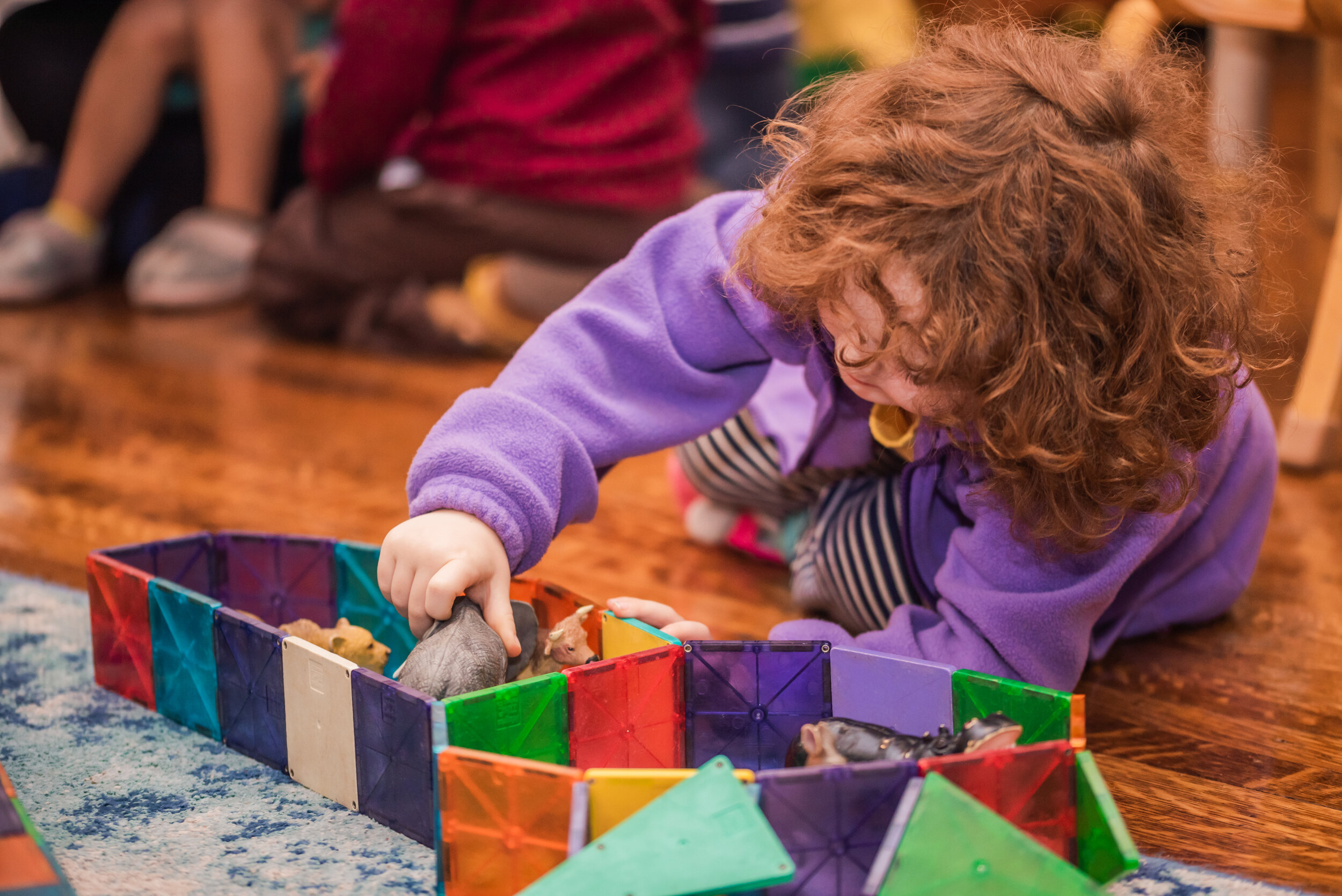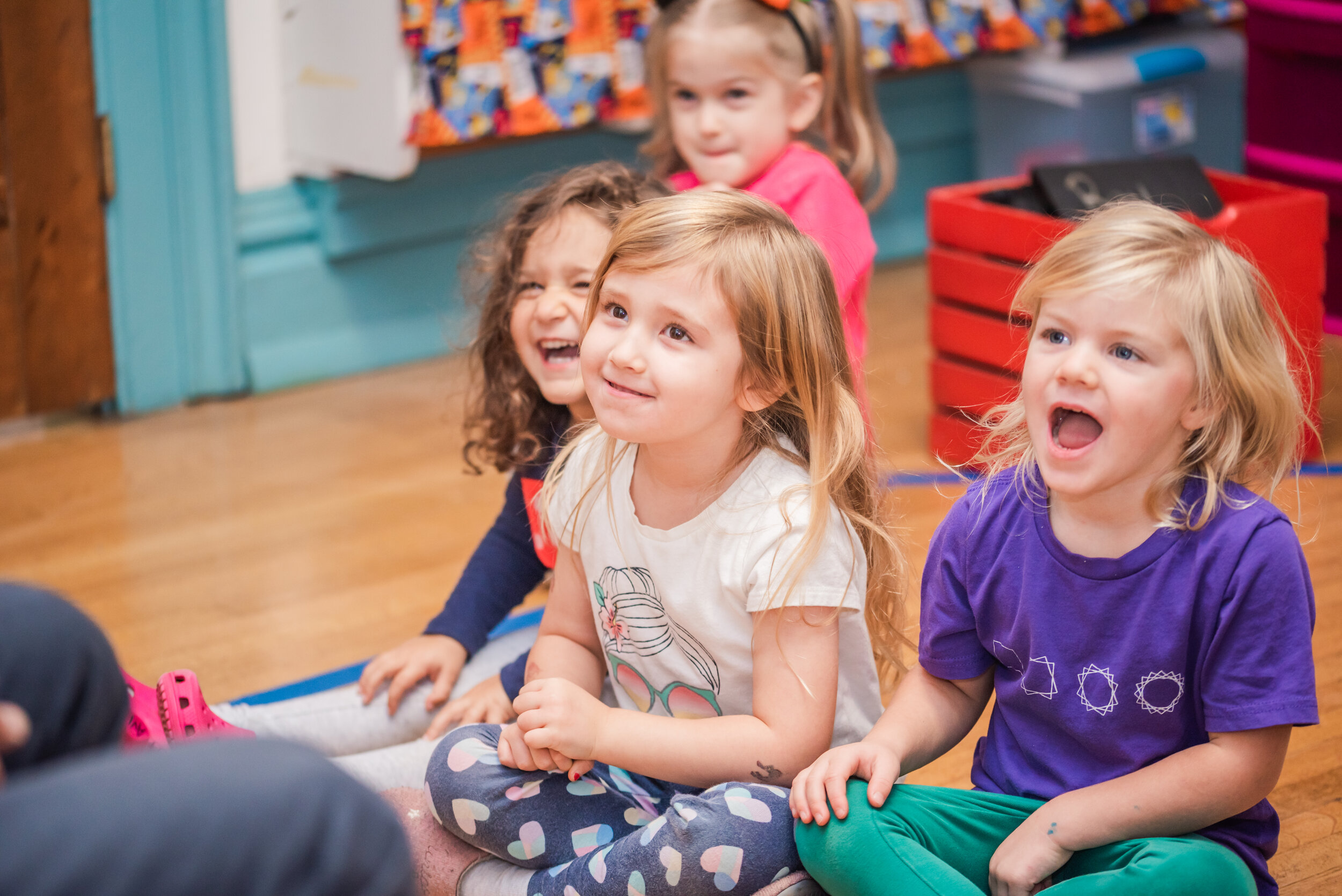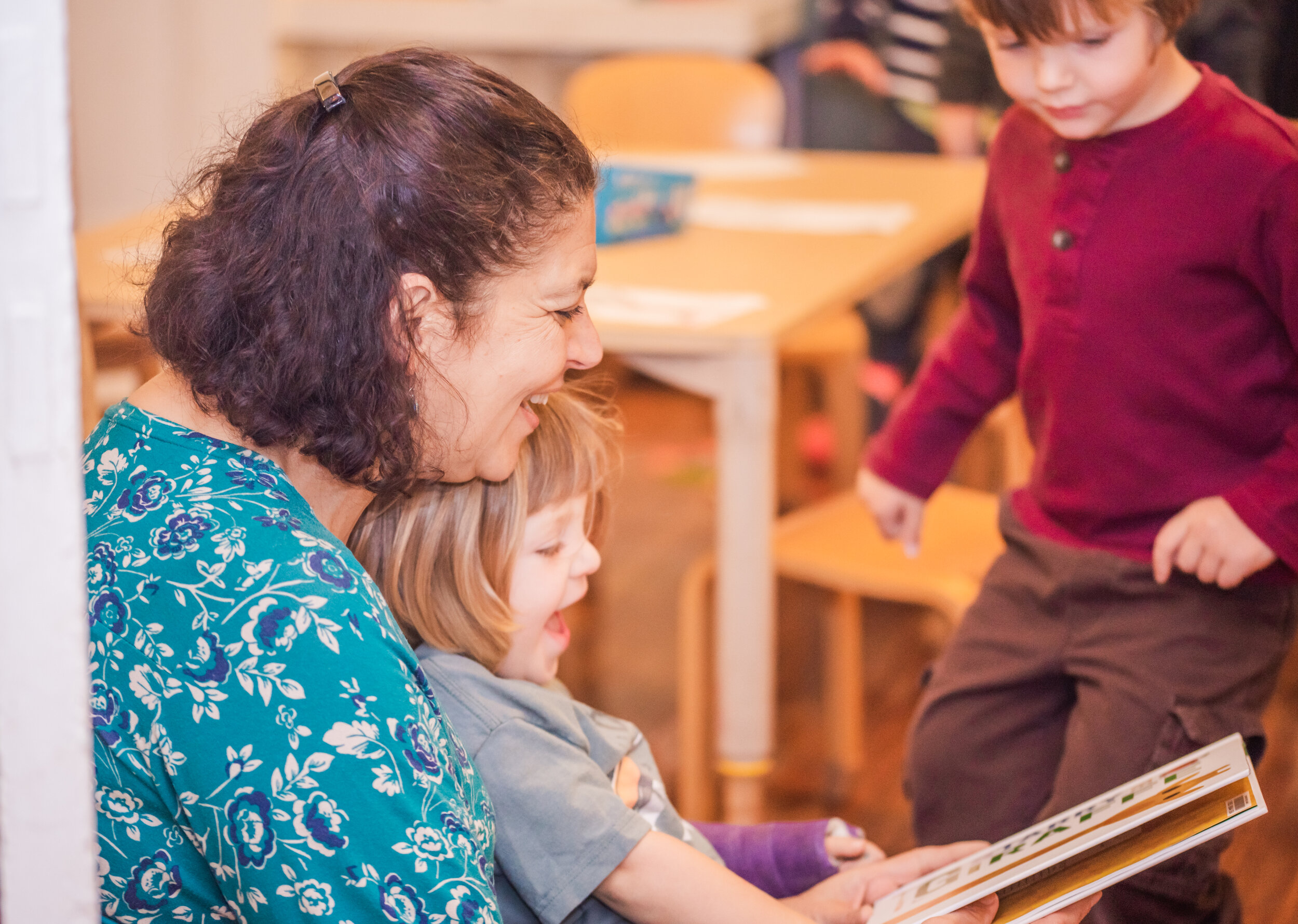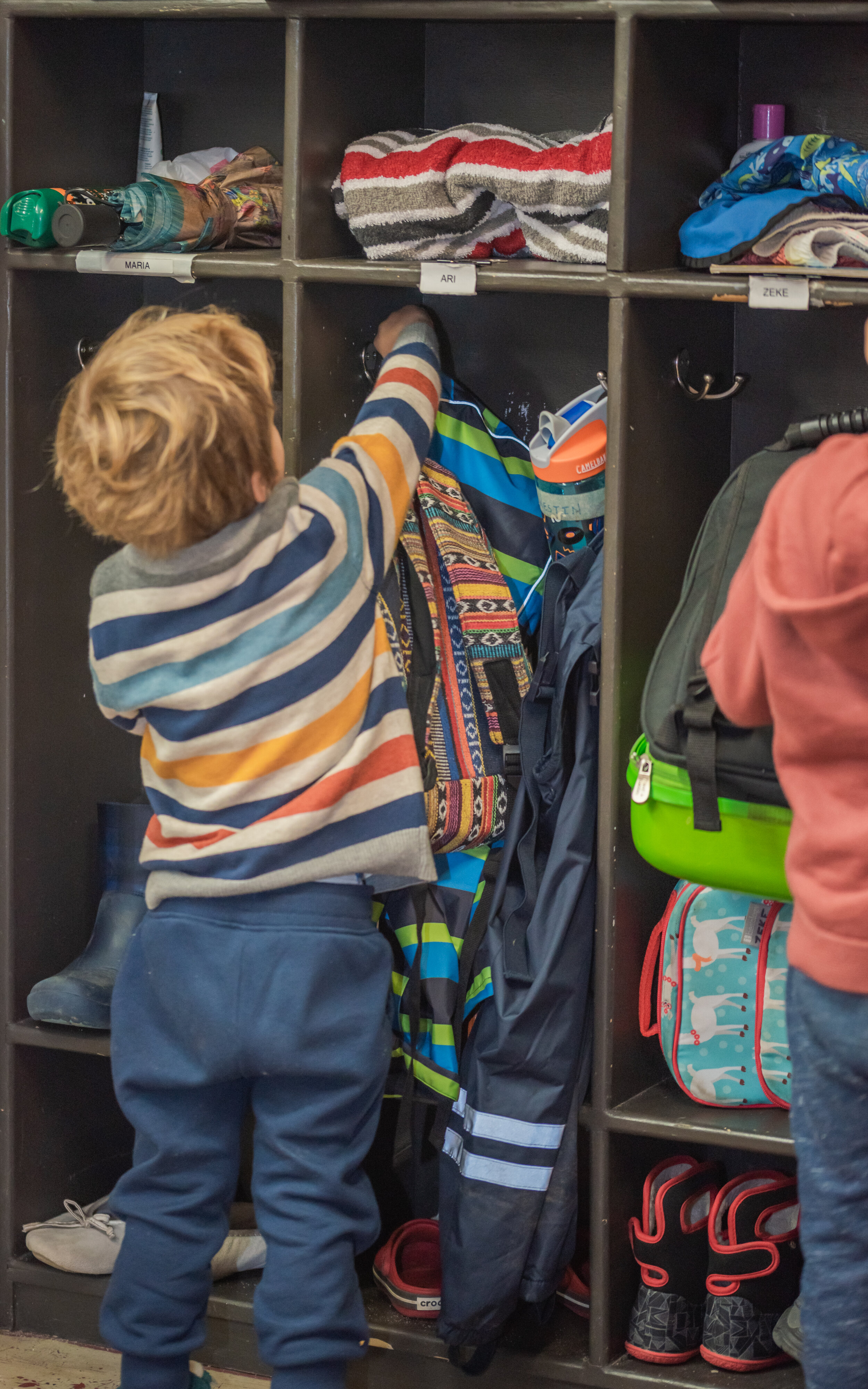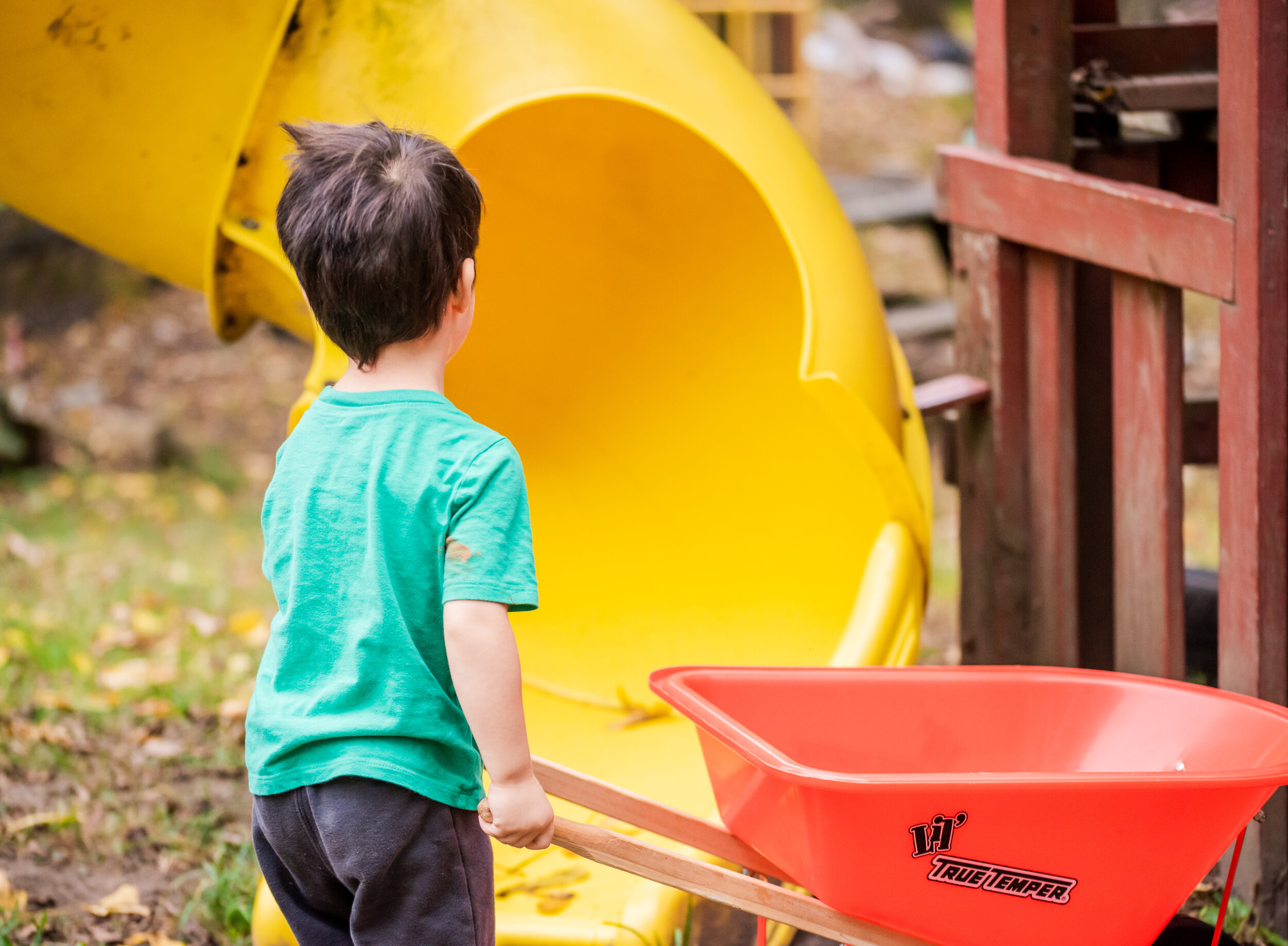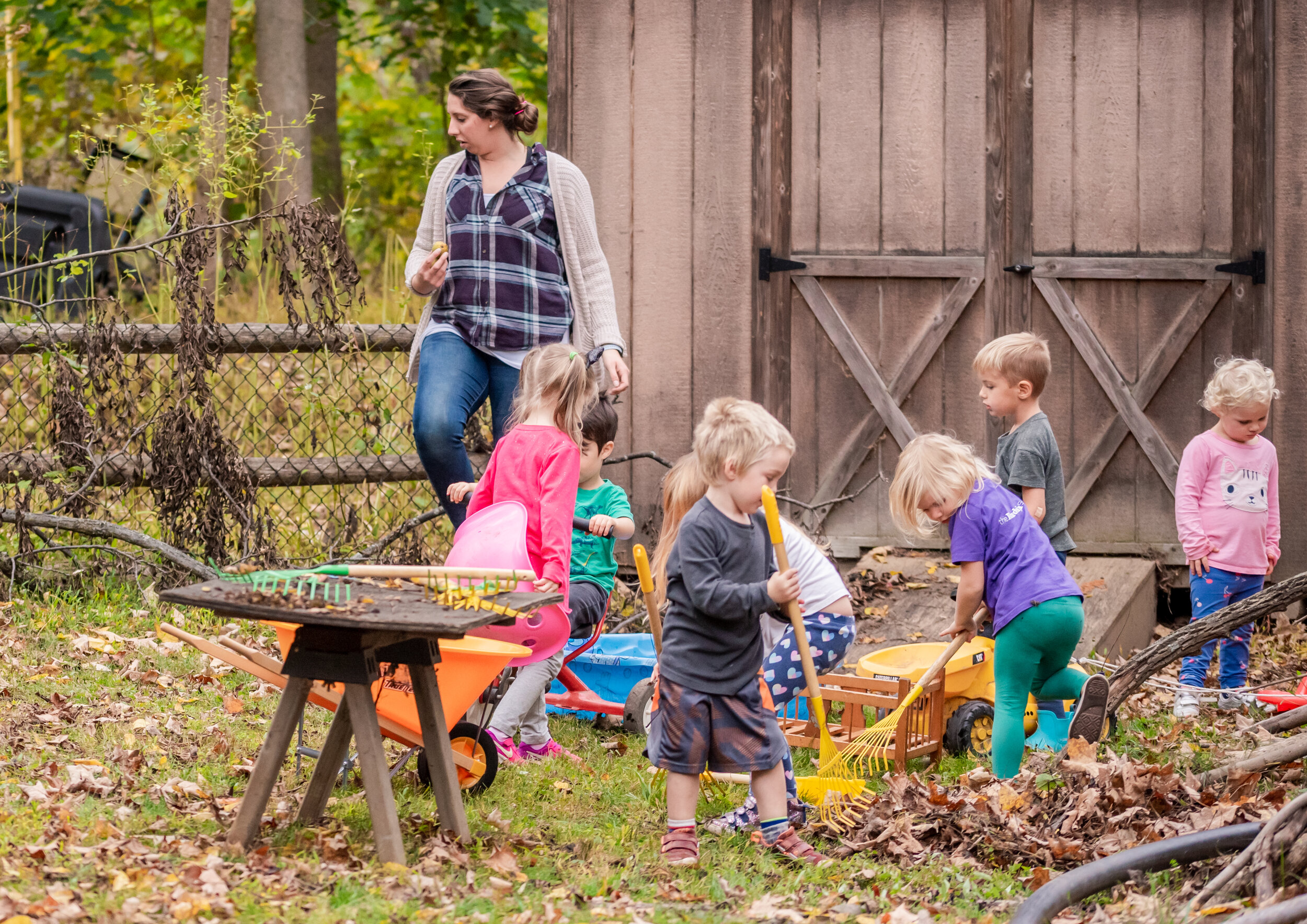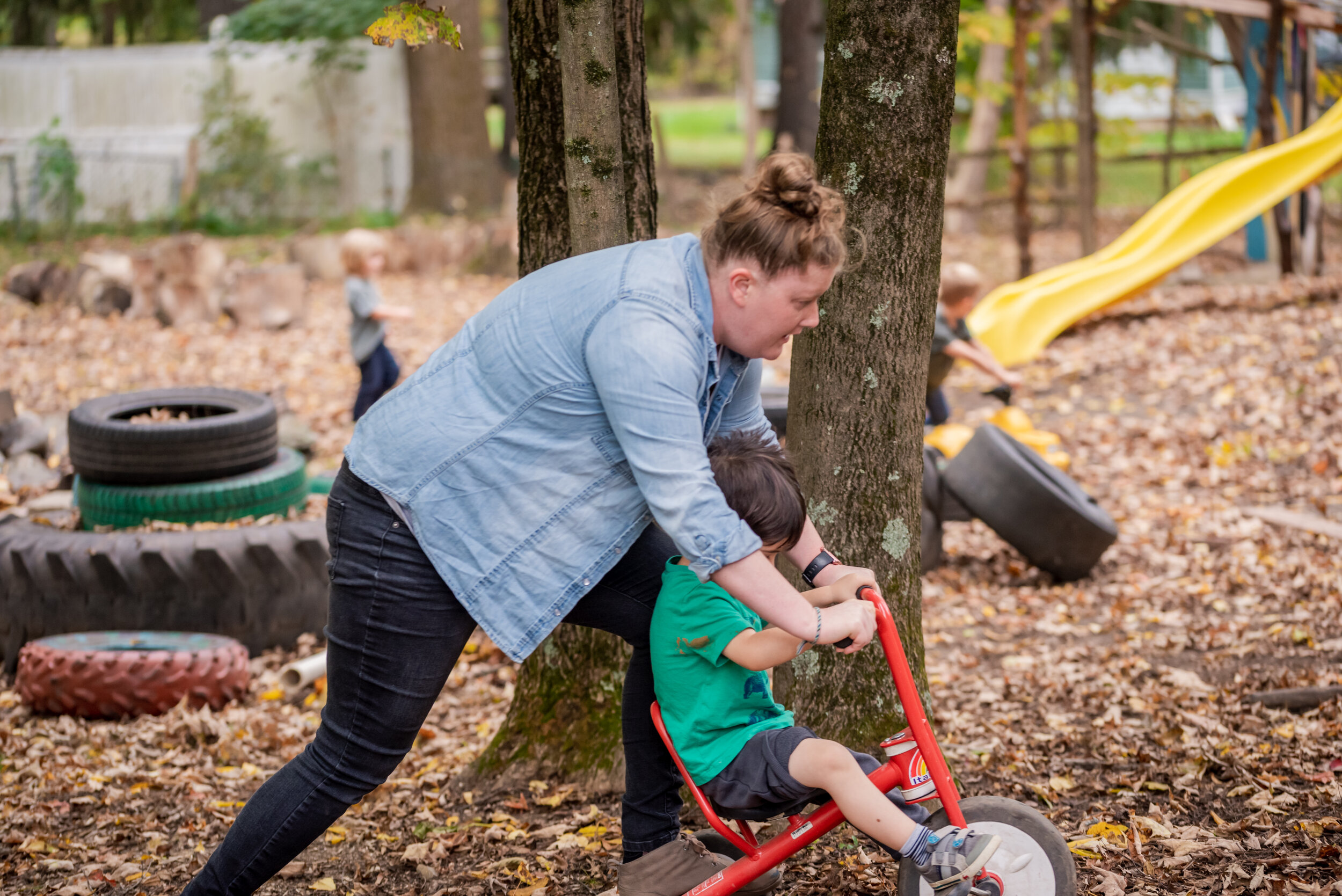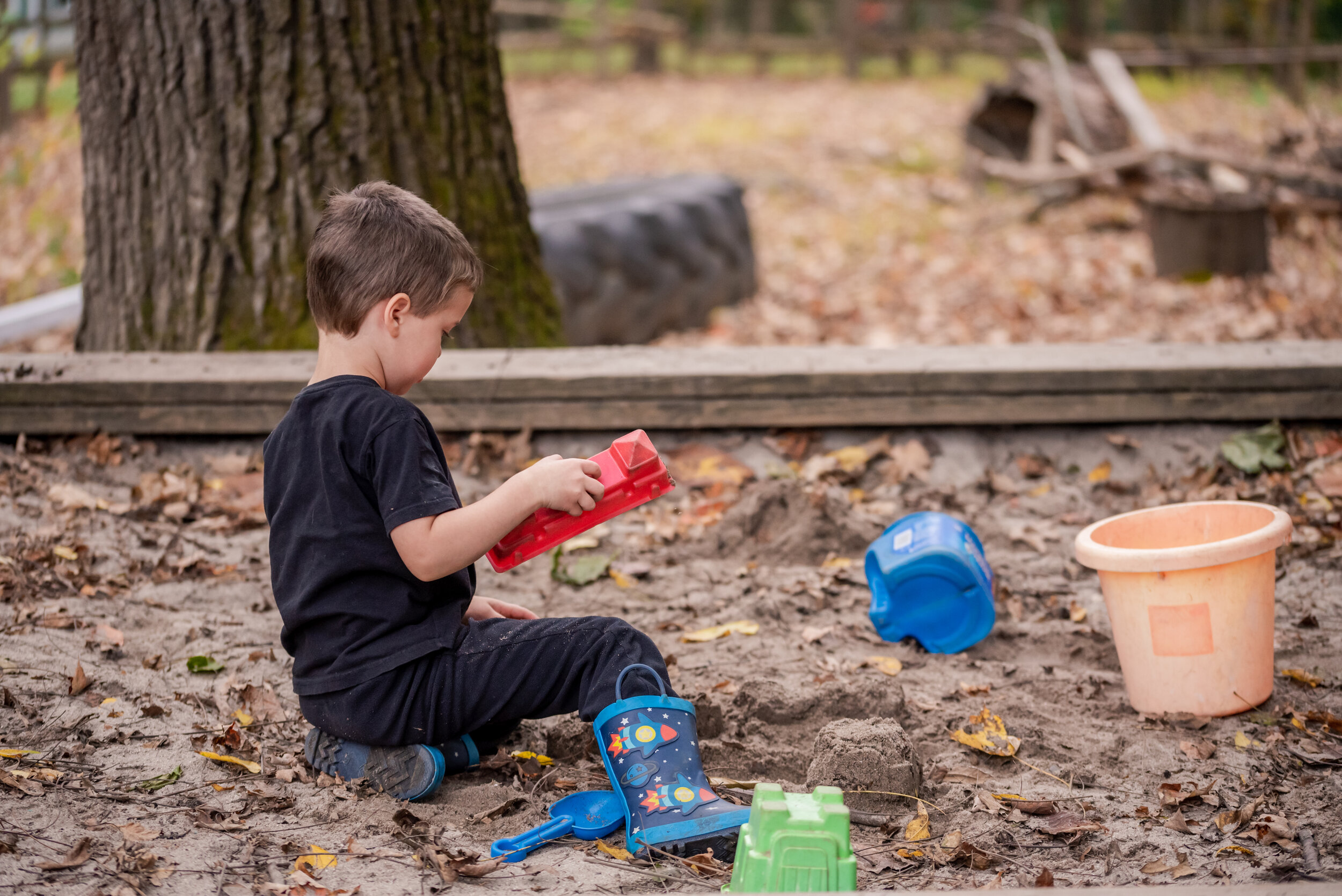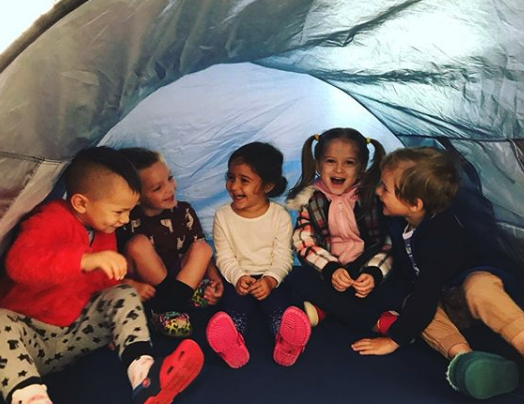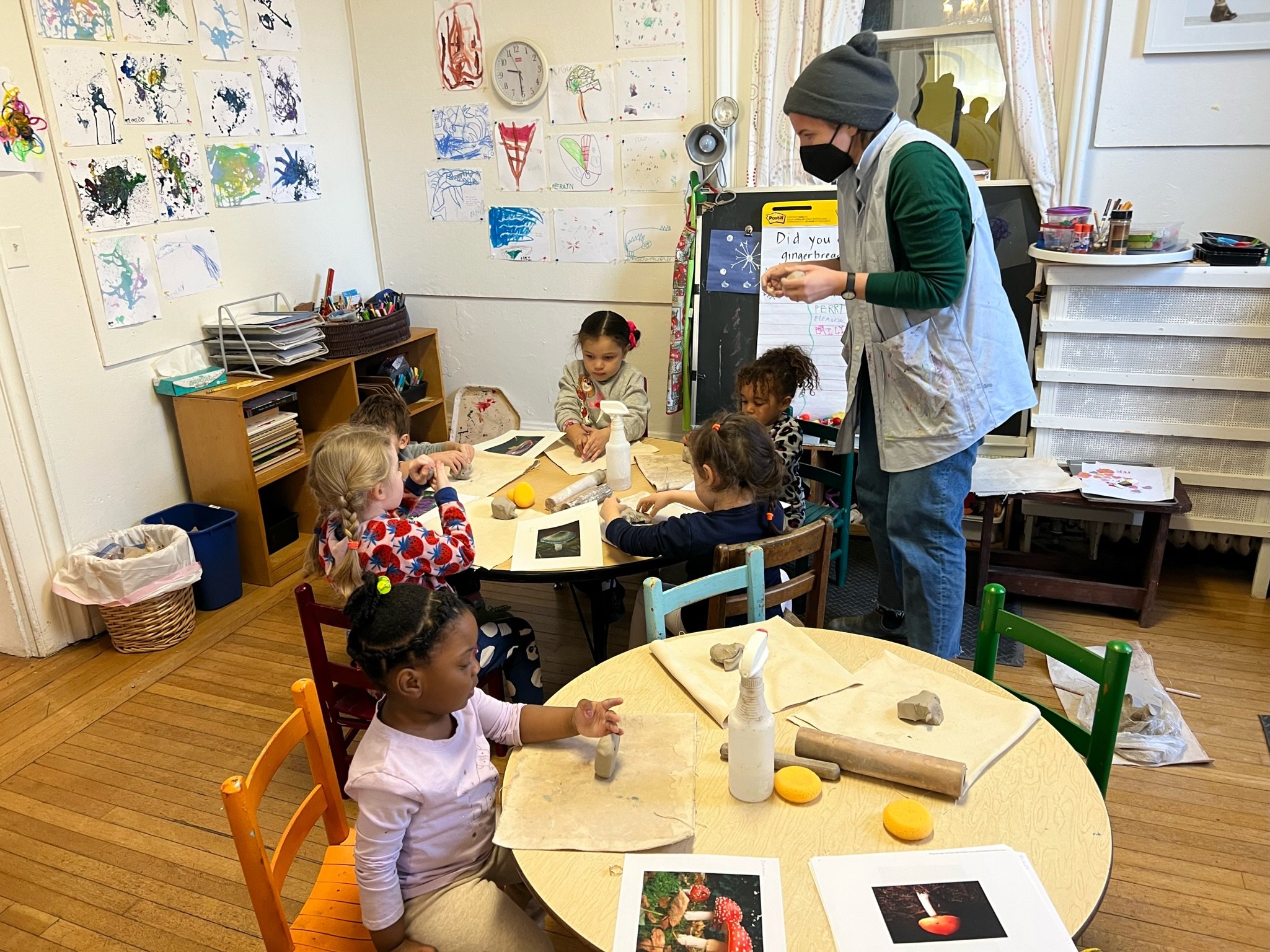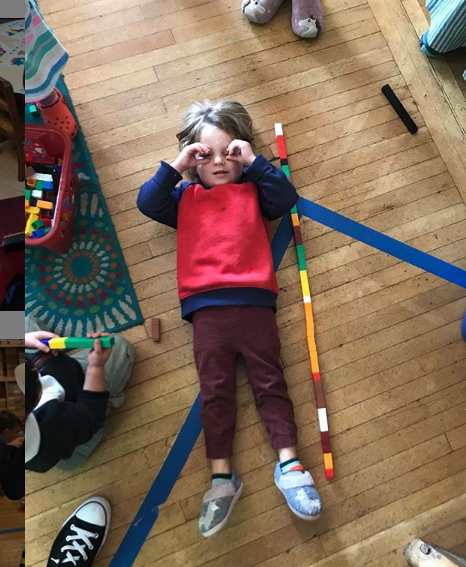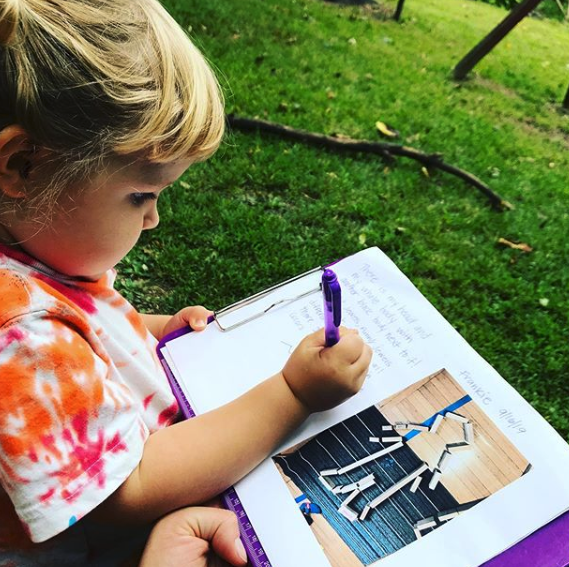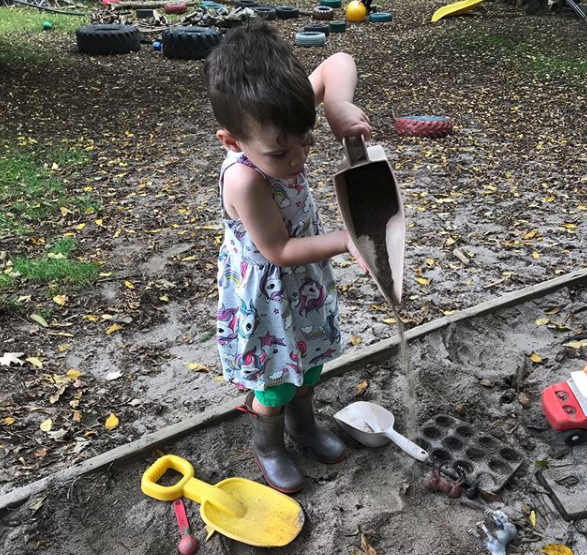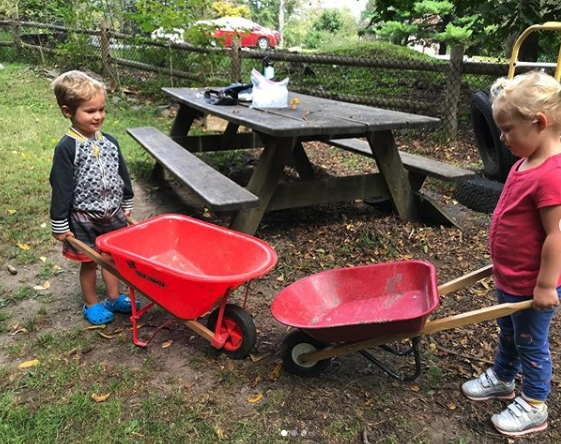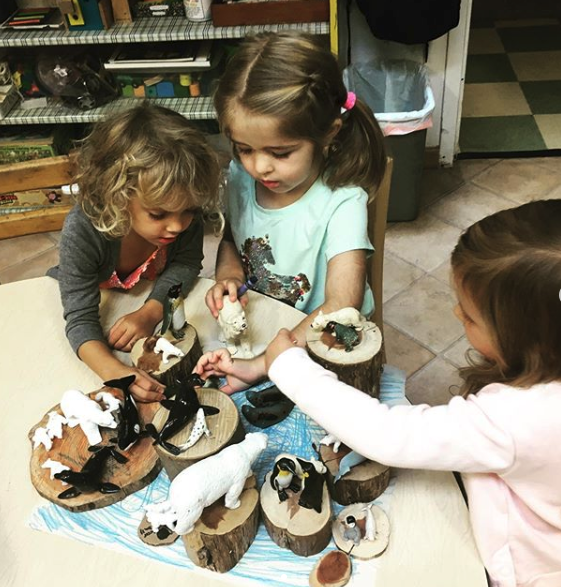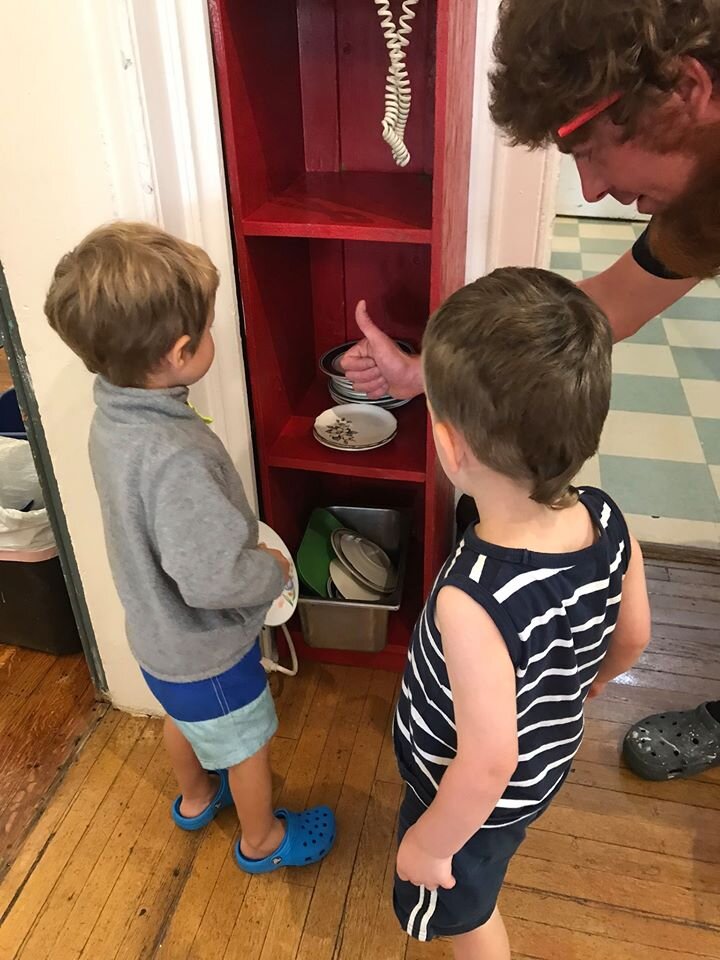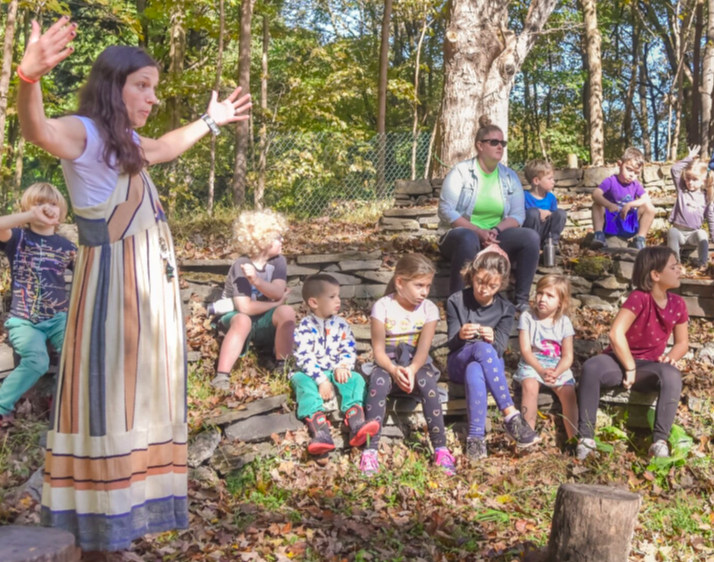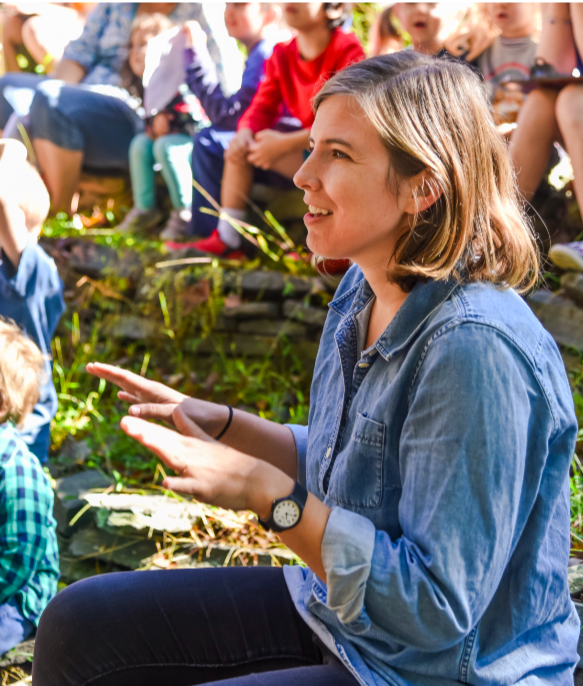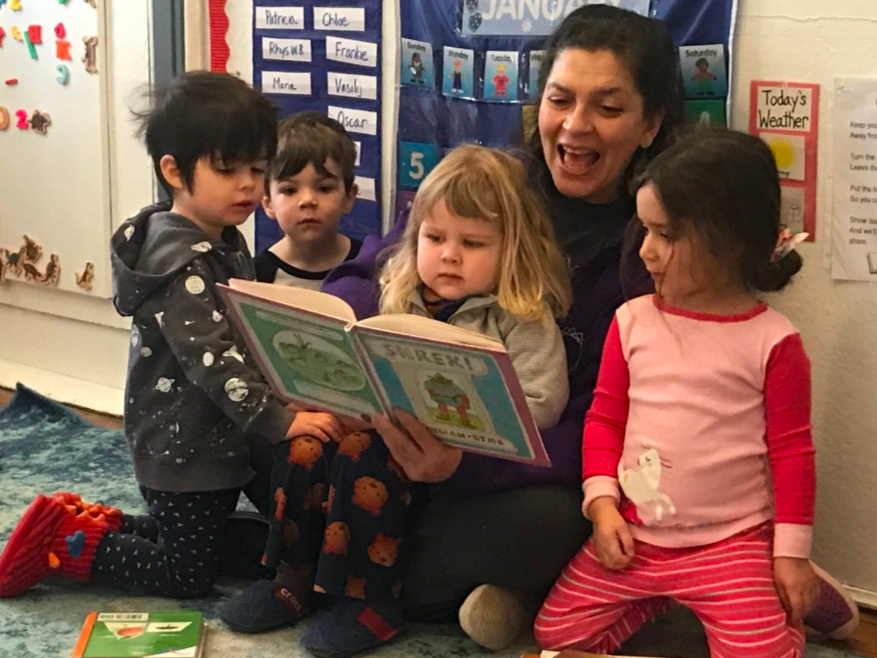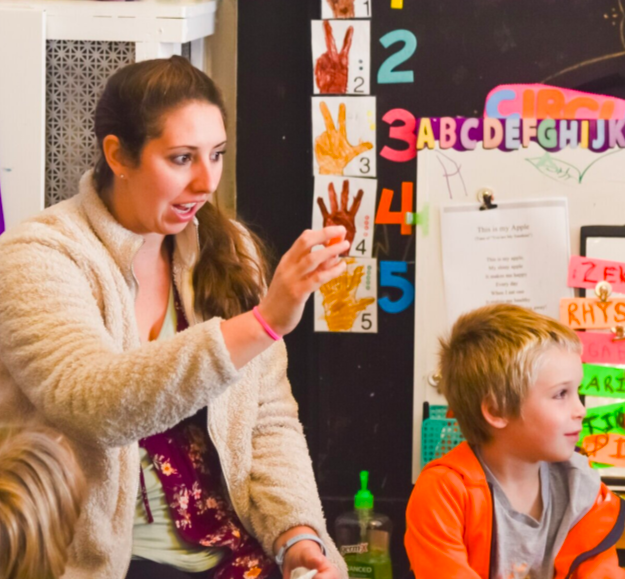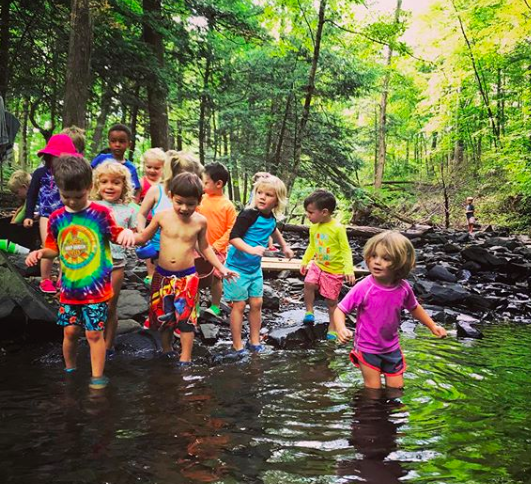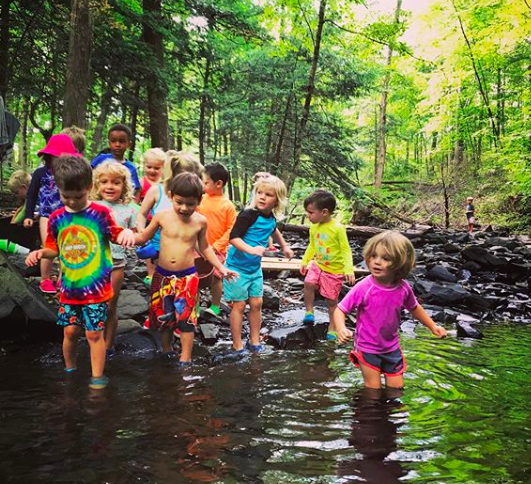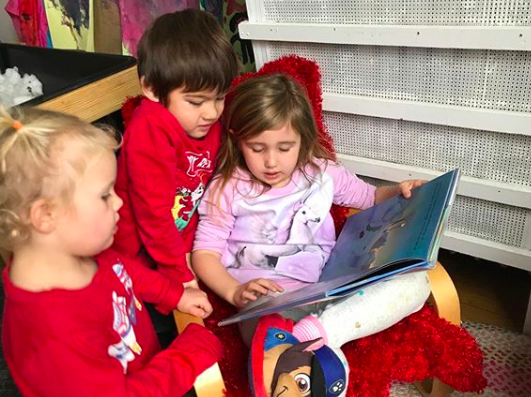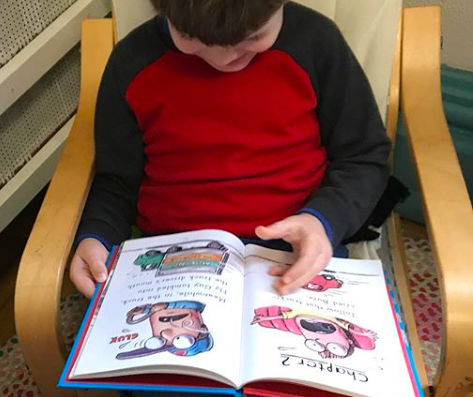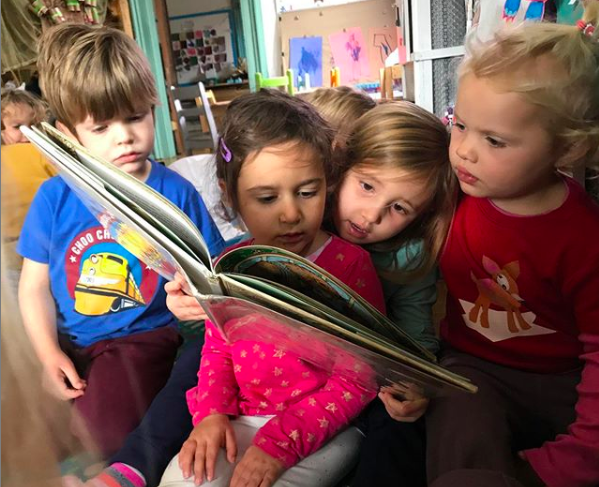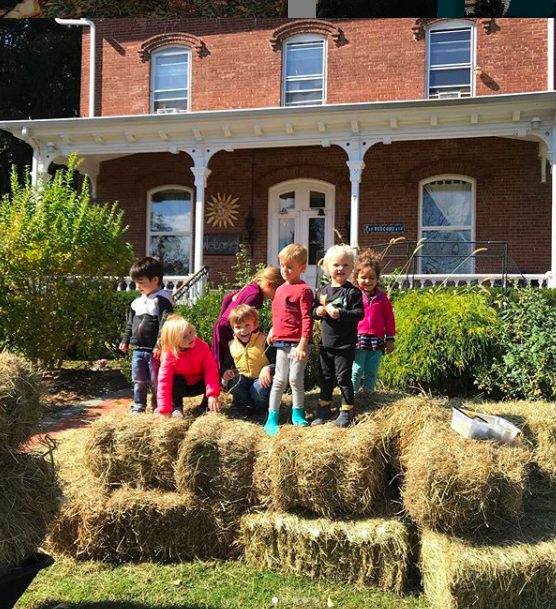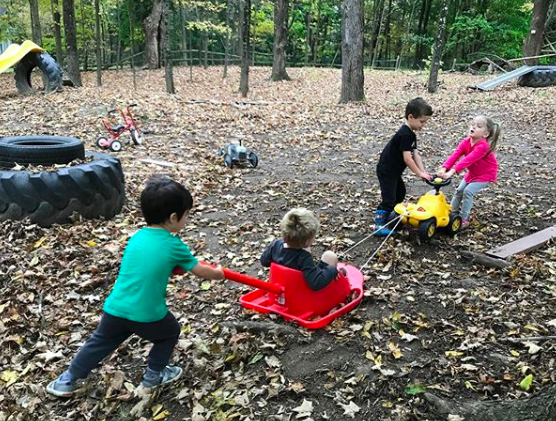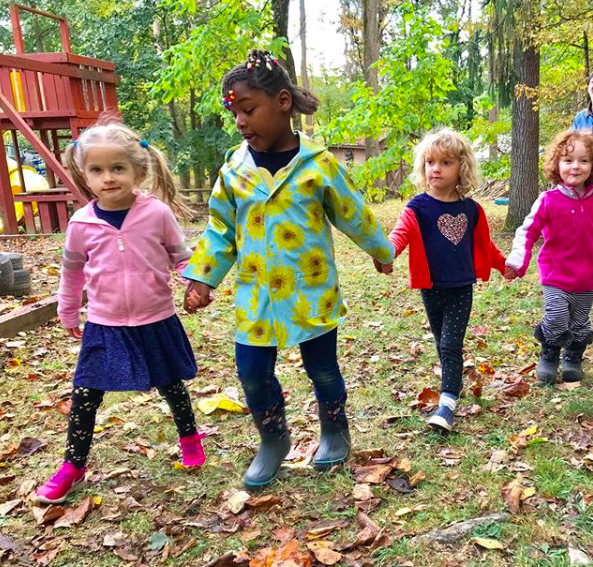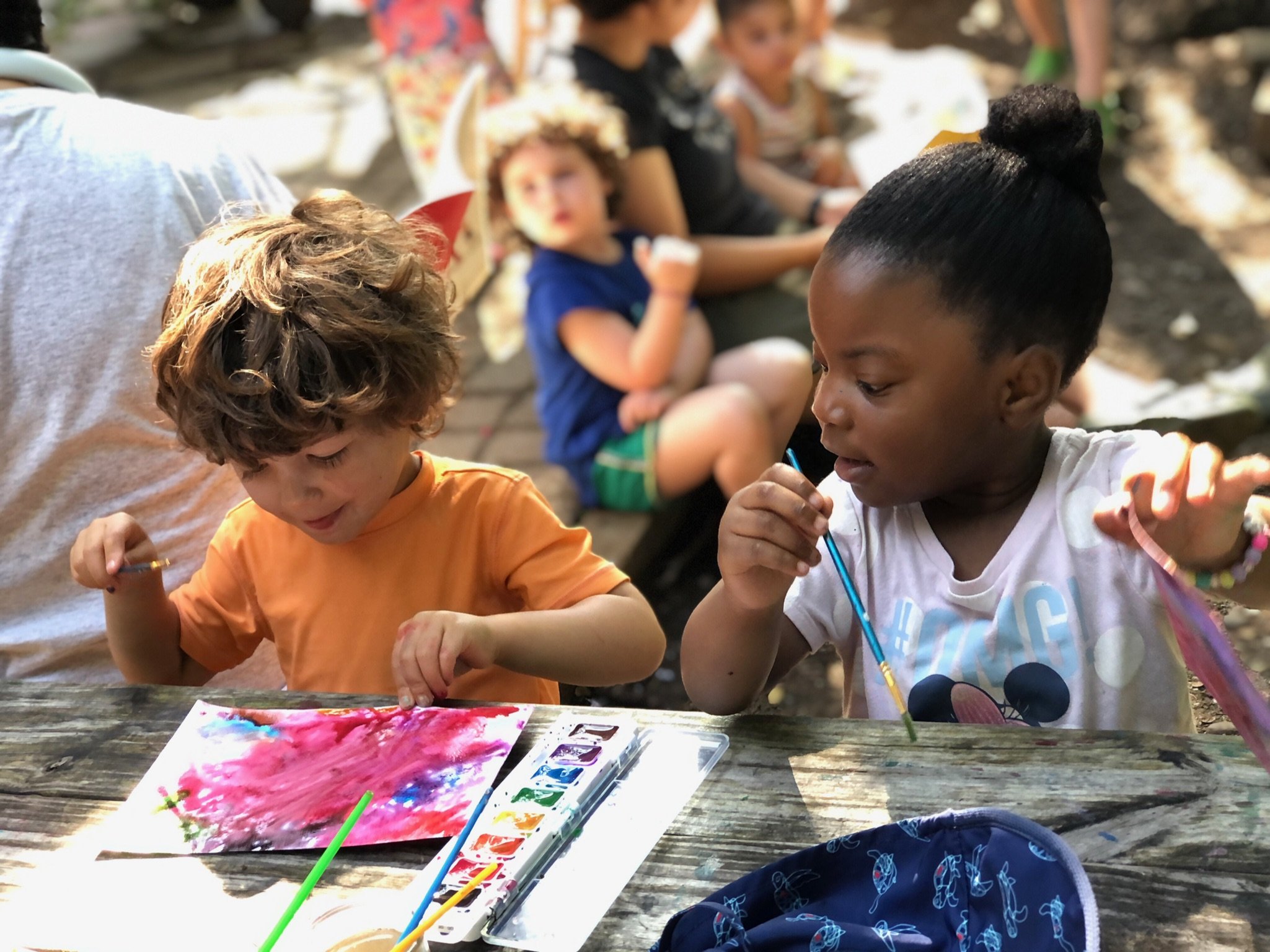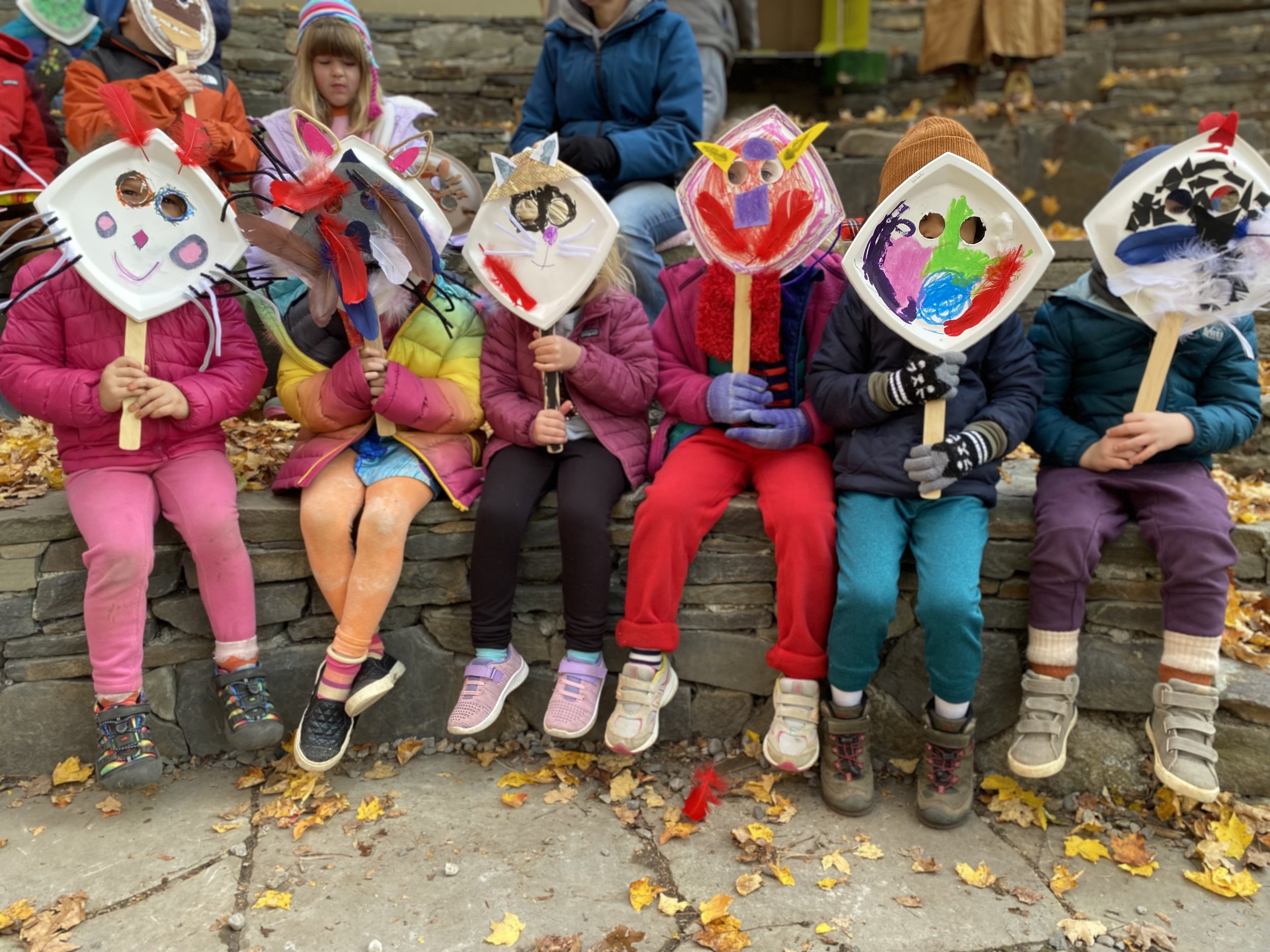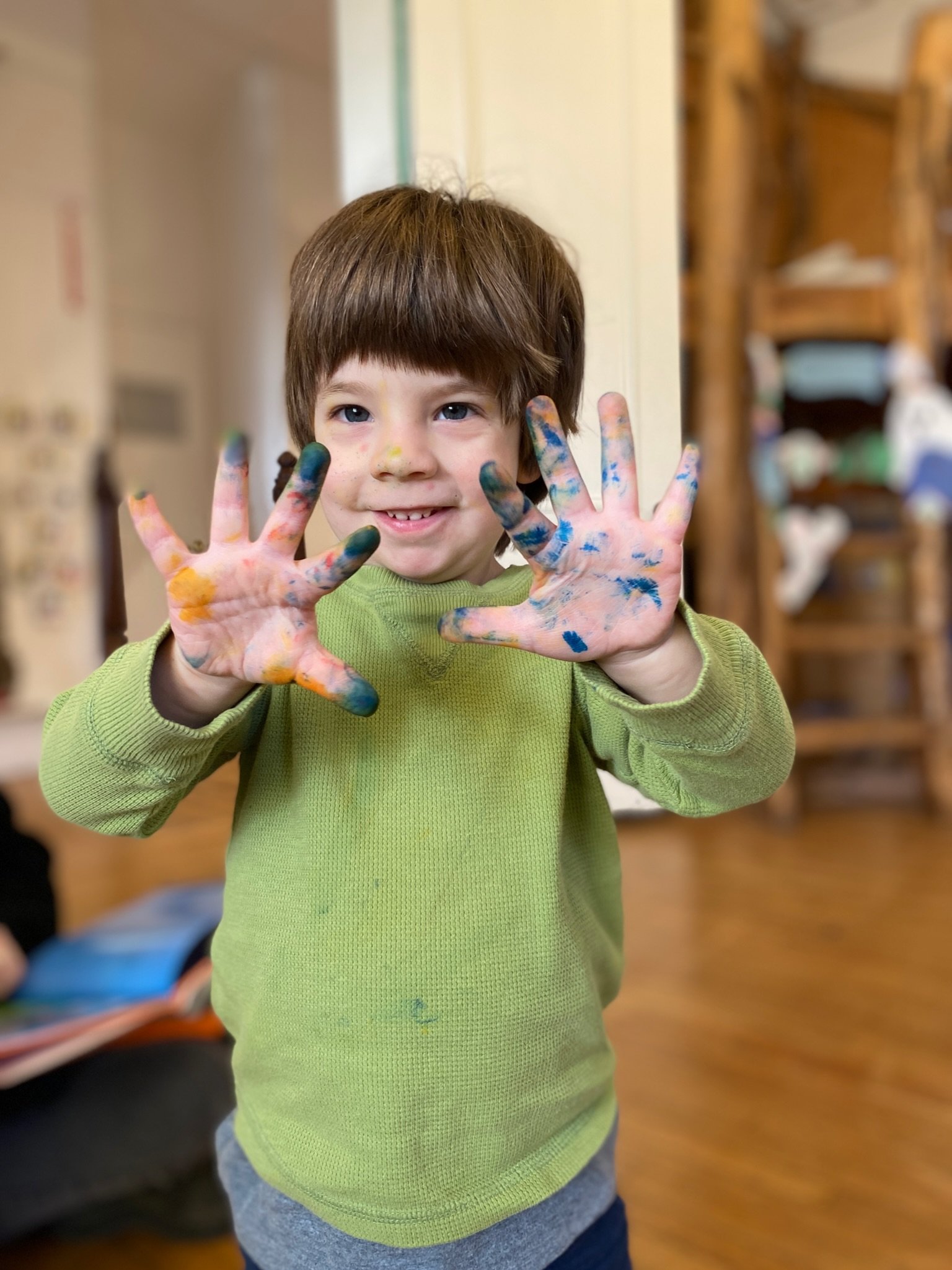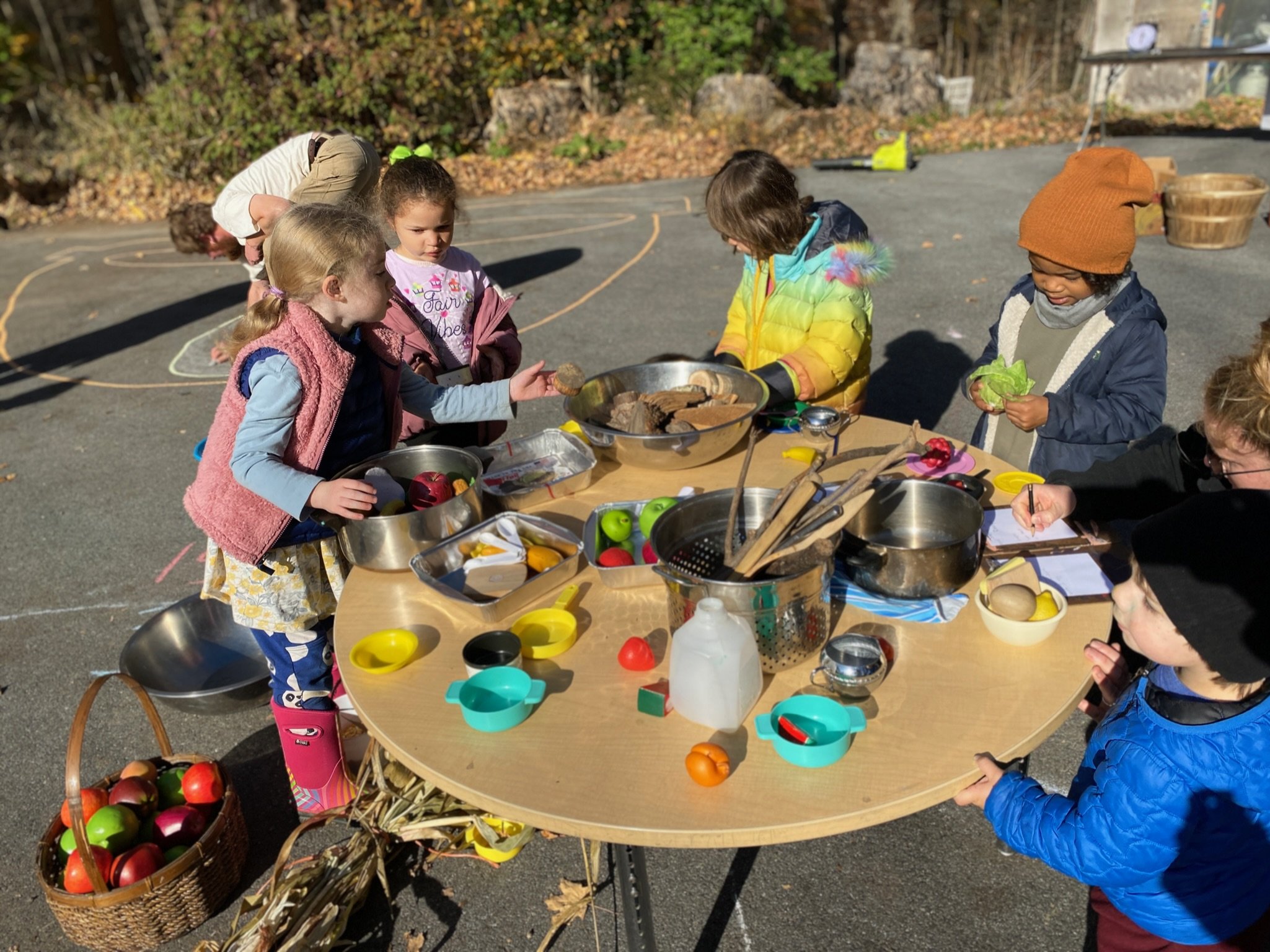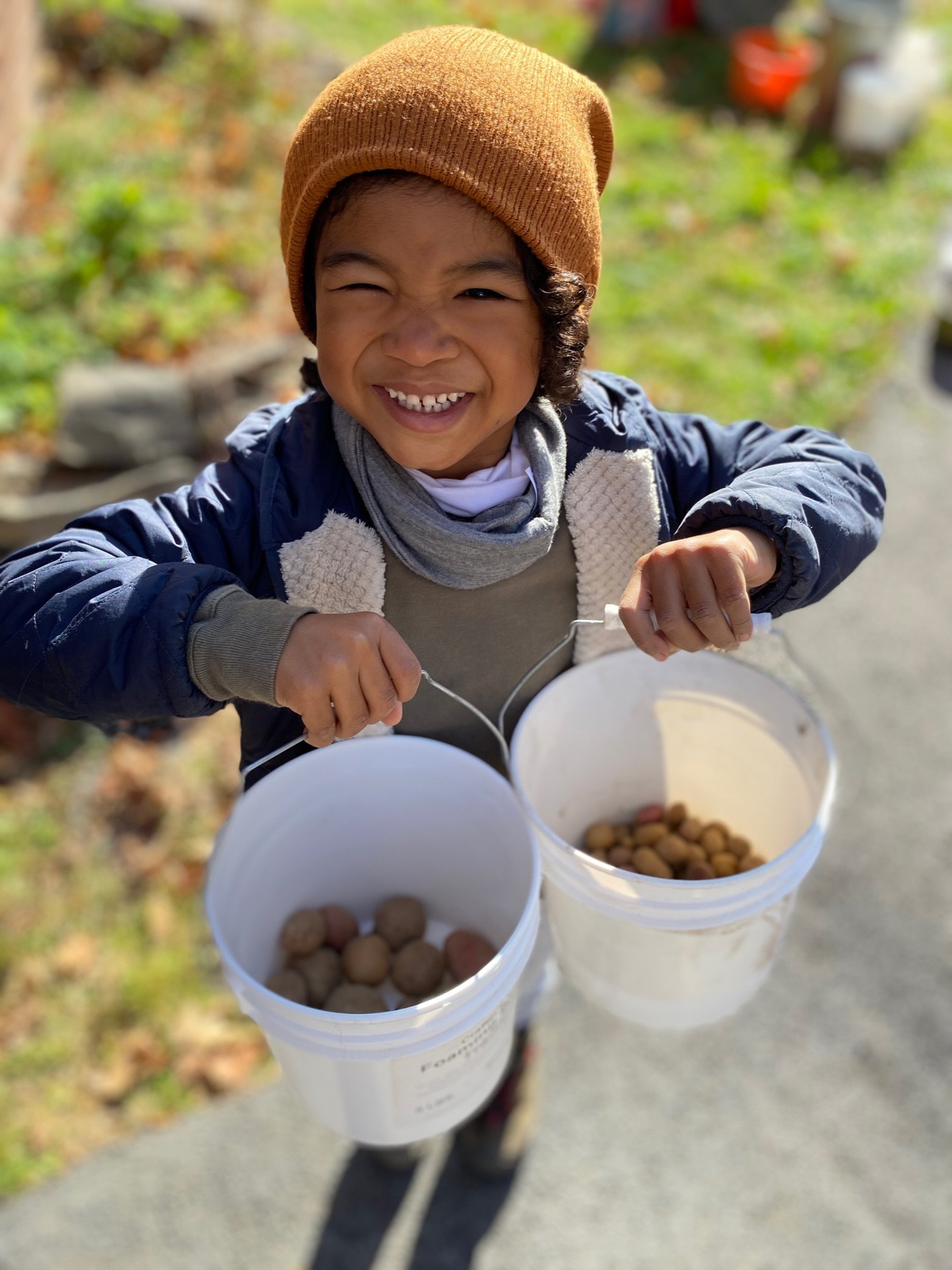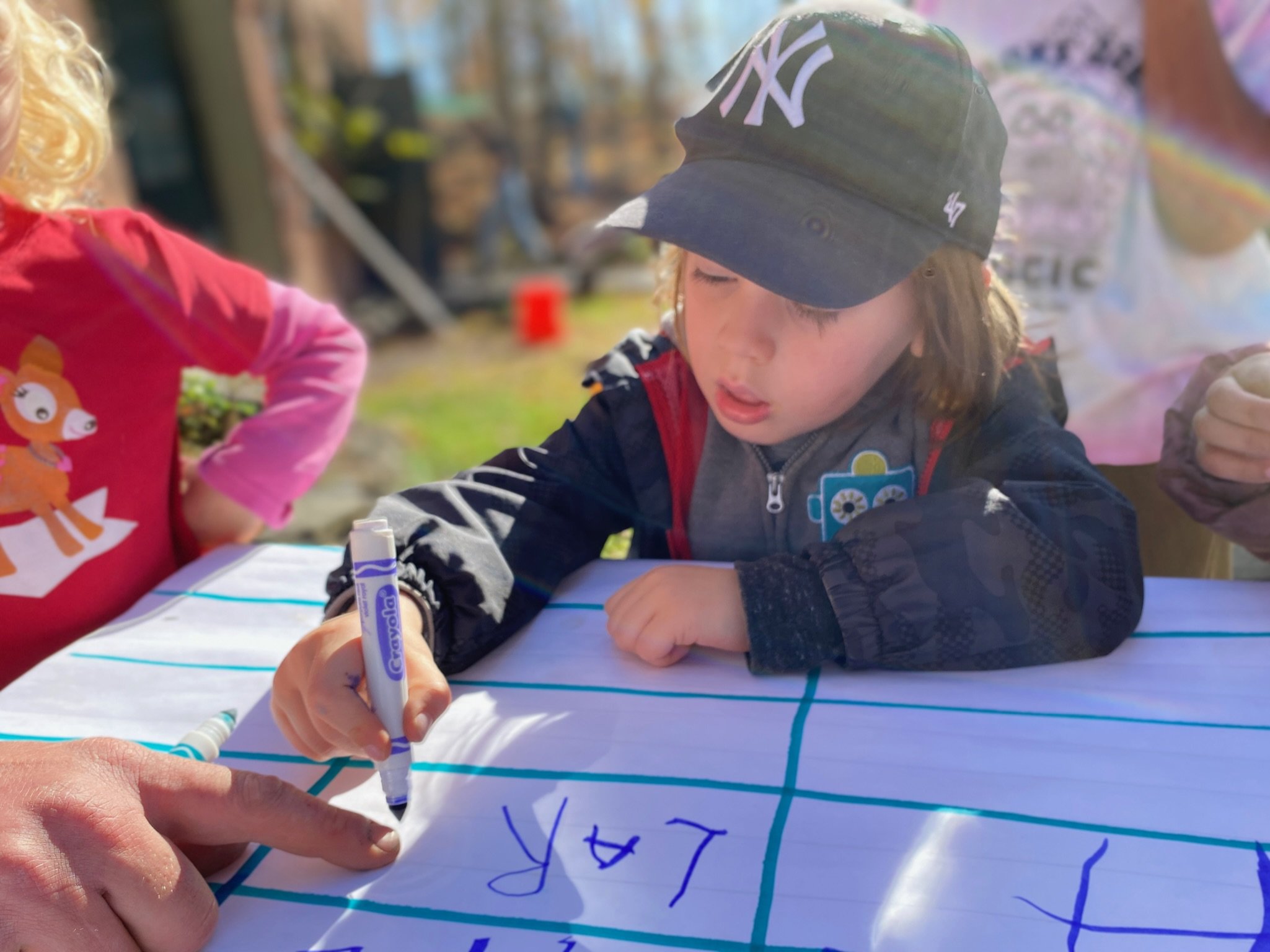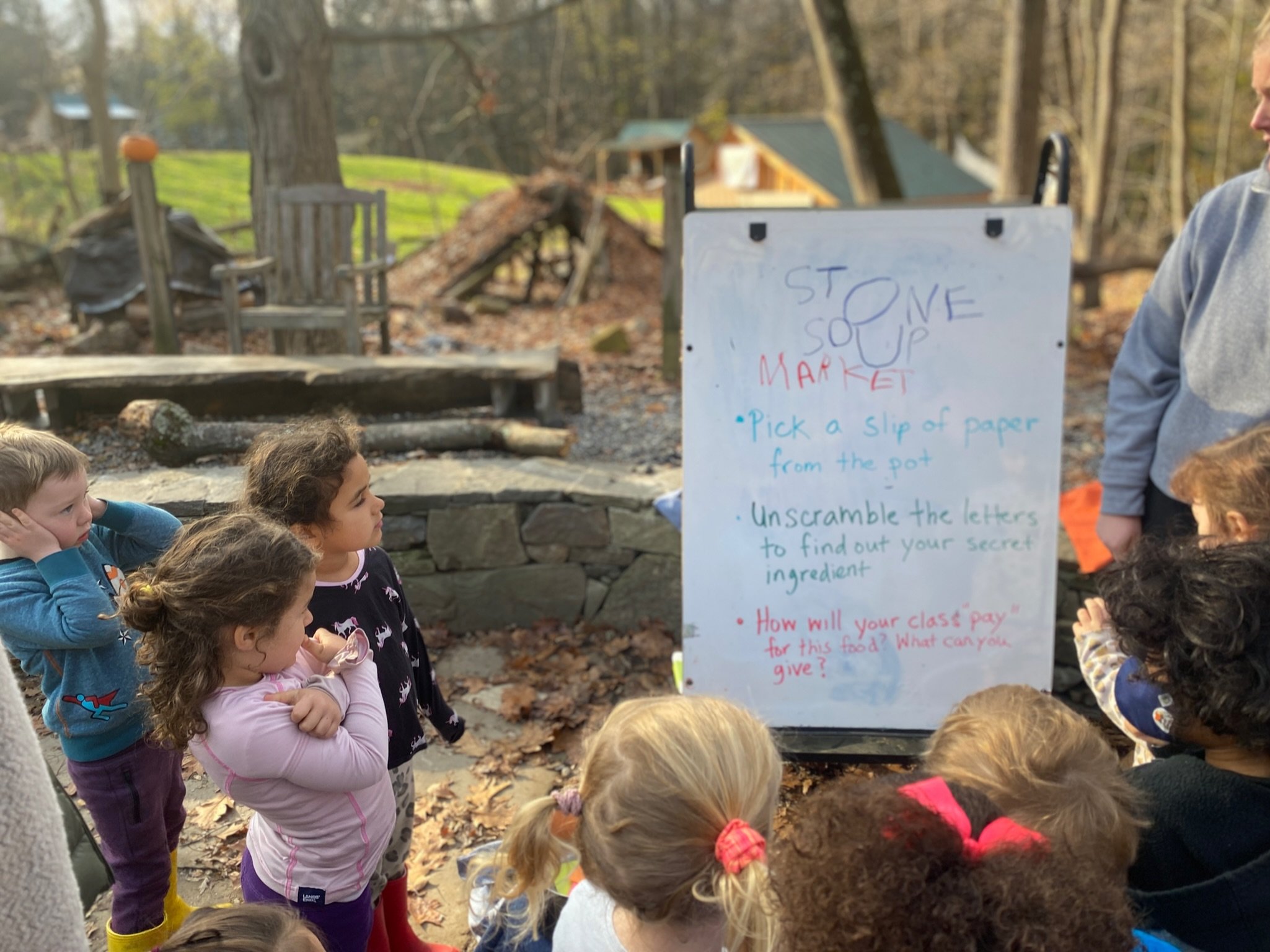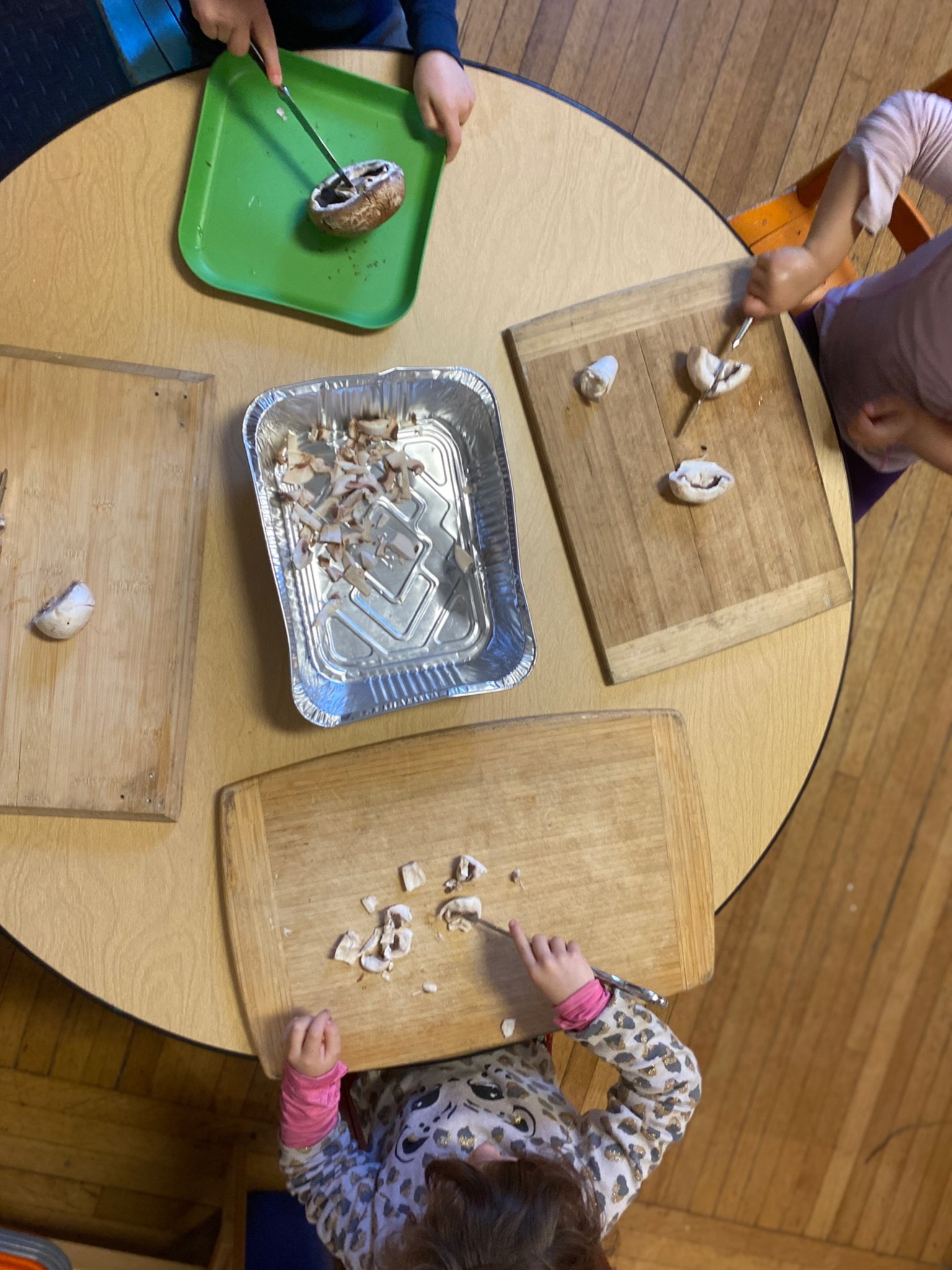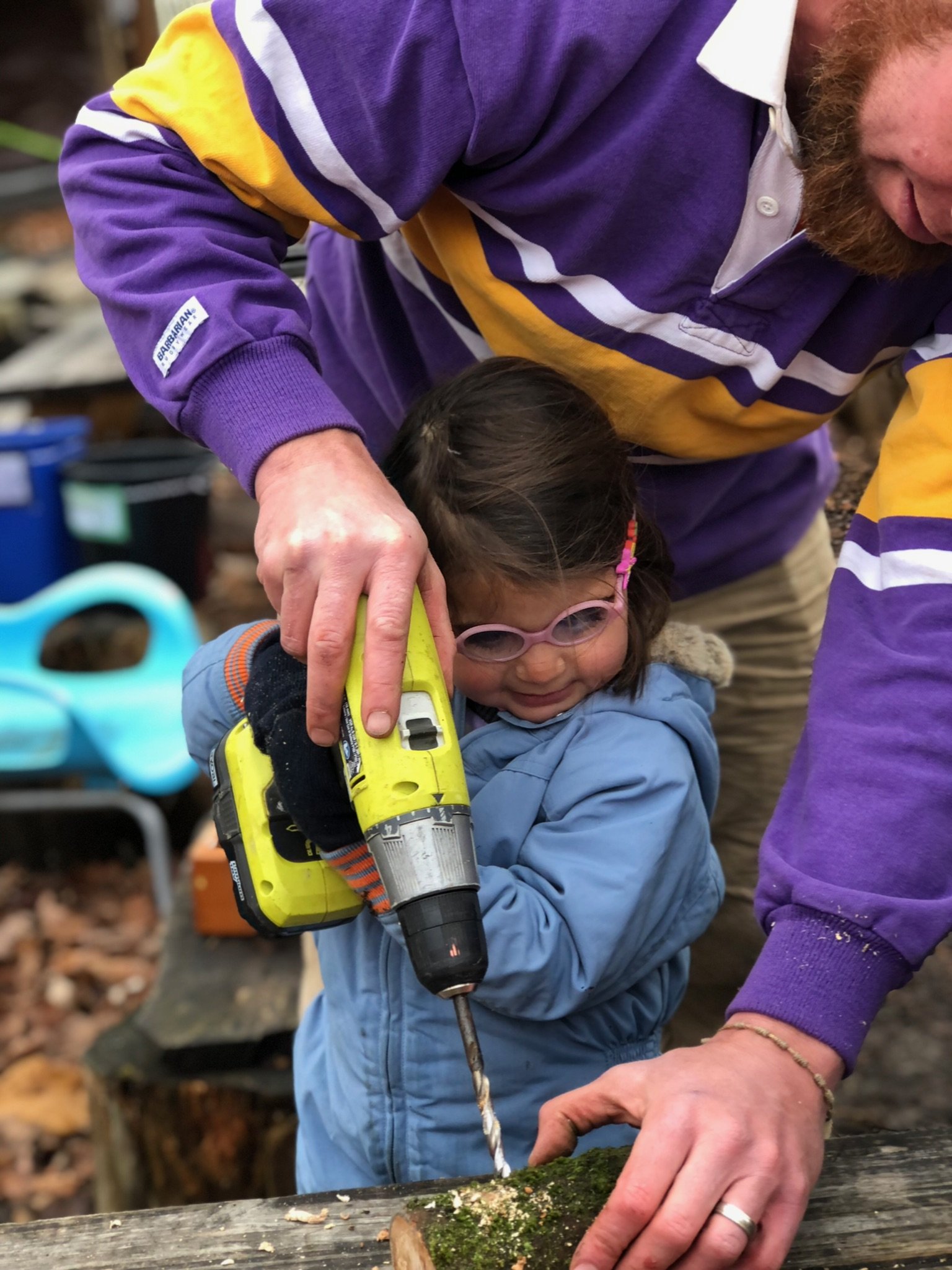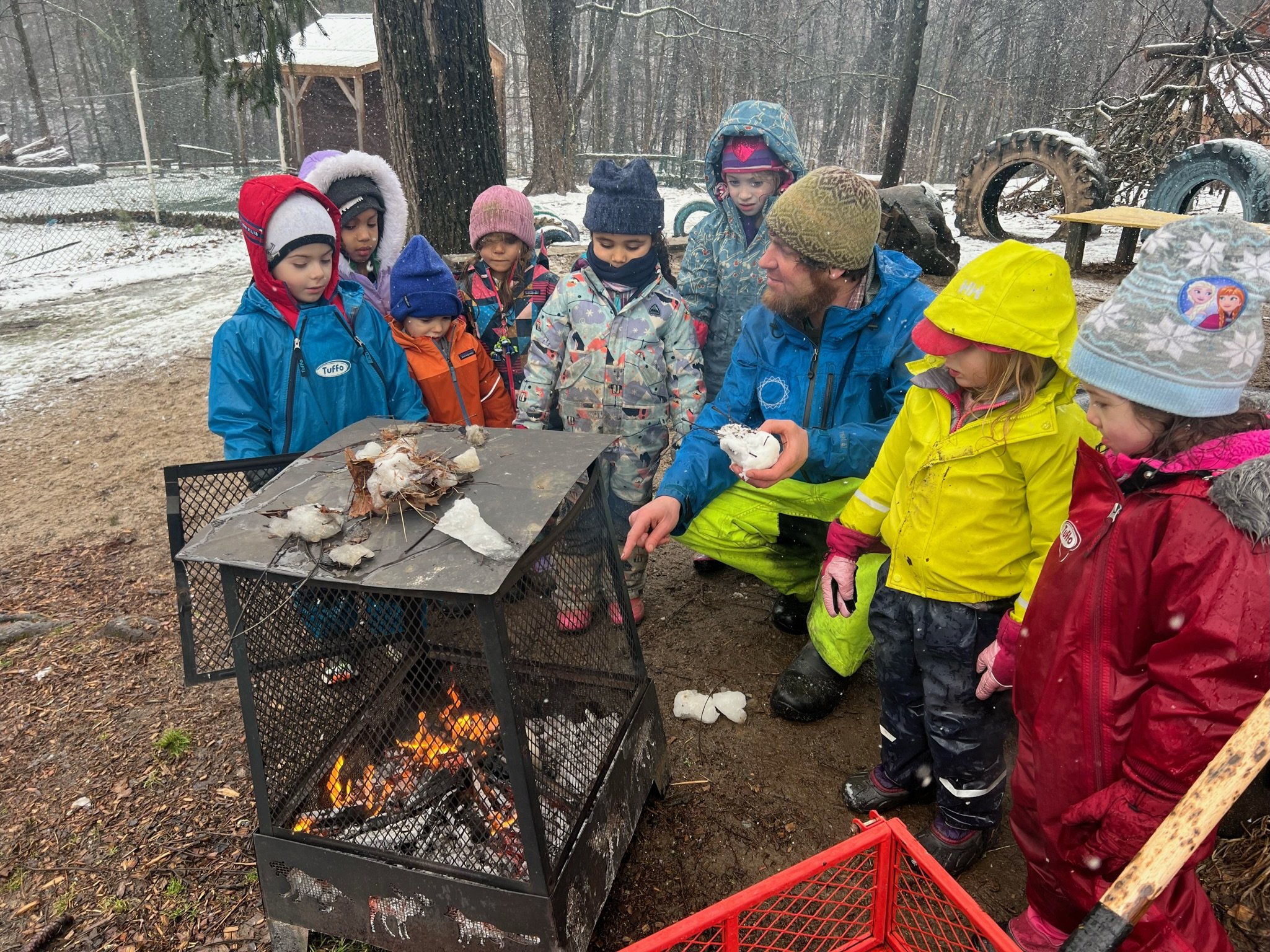“Our task is to help children communicate with the world using all their potential, strengths and languages and to overcome any obstacle presented by our culture.”
Young children at Randolph are supported in all aspects of their social, emotional, intellectual, physical, and artistic growth. We focus on the development of the whole child, emphasizing play as the primary way in which young children work and learn. They make choices and learn to be independent decision-makers who are members of a respectful learning community.
At Randolph School, children learn by doing. Balancing on the rope bridge, making apple prints, and measuring the ingredients needed for making play-dough, are ways that they are exploring their world and constructing their own understanding of how it all works. Children at Randolph learn to make their own choices as they become more and more independent, whether they are putting away their lunch containers all by themselves or deciding between playing in the Block Room and painting with a friend.
In our early childhood program, the emphasis is on social learning. How do we help each other in a community? How can I get my needs met? What do I do when a friend leaves me out? How can I take care of someone who is feeling sad? In each and every interaction, we find opportunities to learn a new skill or express a new idea. Children use their voices to get help when needed, invite a friend to sit next to them or voice their feelings.
At the same time, teachers guide and nurture children's cognitive development by observing carefully and then presenting the appropriate activity or challenge – making a menu and price list for a restaurant, learning a new poem, writing signs for a zoo in the Block Room, counting how many pieces of fruit to eat at Fruit Cafe, or testing out different ways to make their building stand tall without falling down. Storytelling, reading aloud, and poetry are important in the Downstairs. The foundation is being set for future adventures in writing and reading.
And, of course, while it is not a person, we consider the environment to be a teacher – both the indoor spaces and materials and the natural world outside are rich with opportunities to construct meaning. Wonderful and whimsical selections of materials are available to the children in all of their investigations and Randolph kids are known for coming up with creative ways to put it to use.


